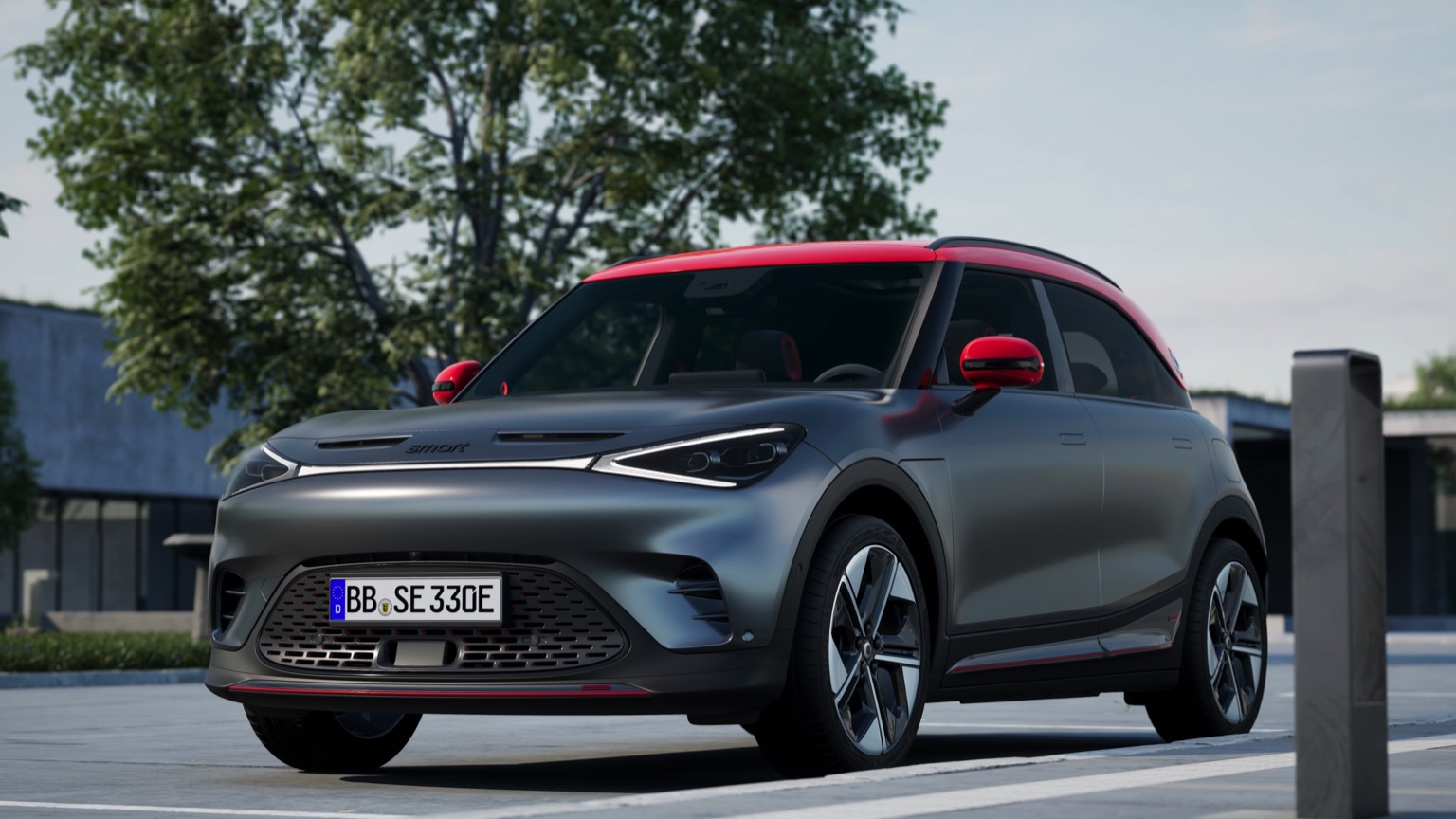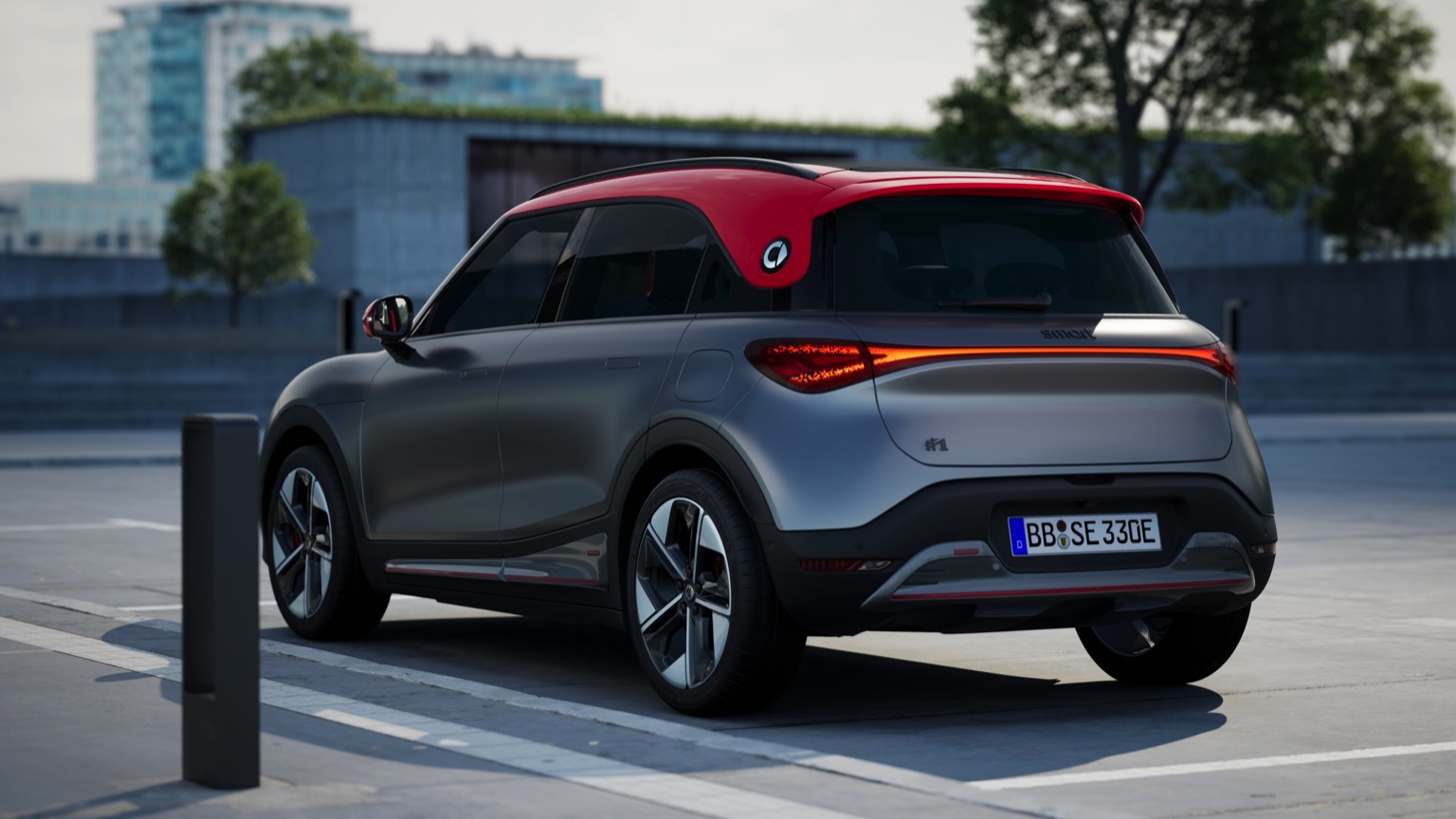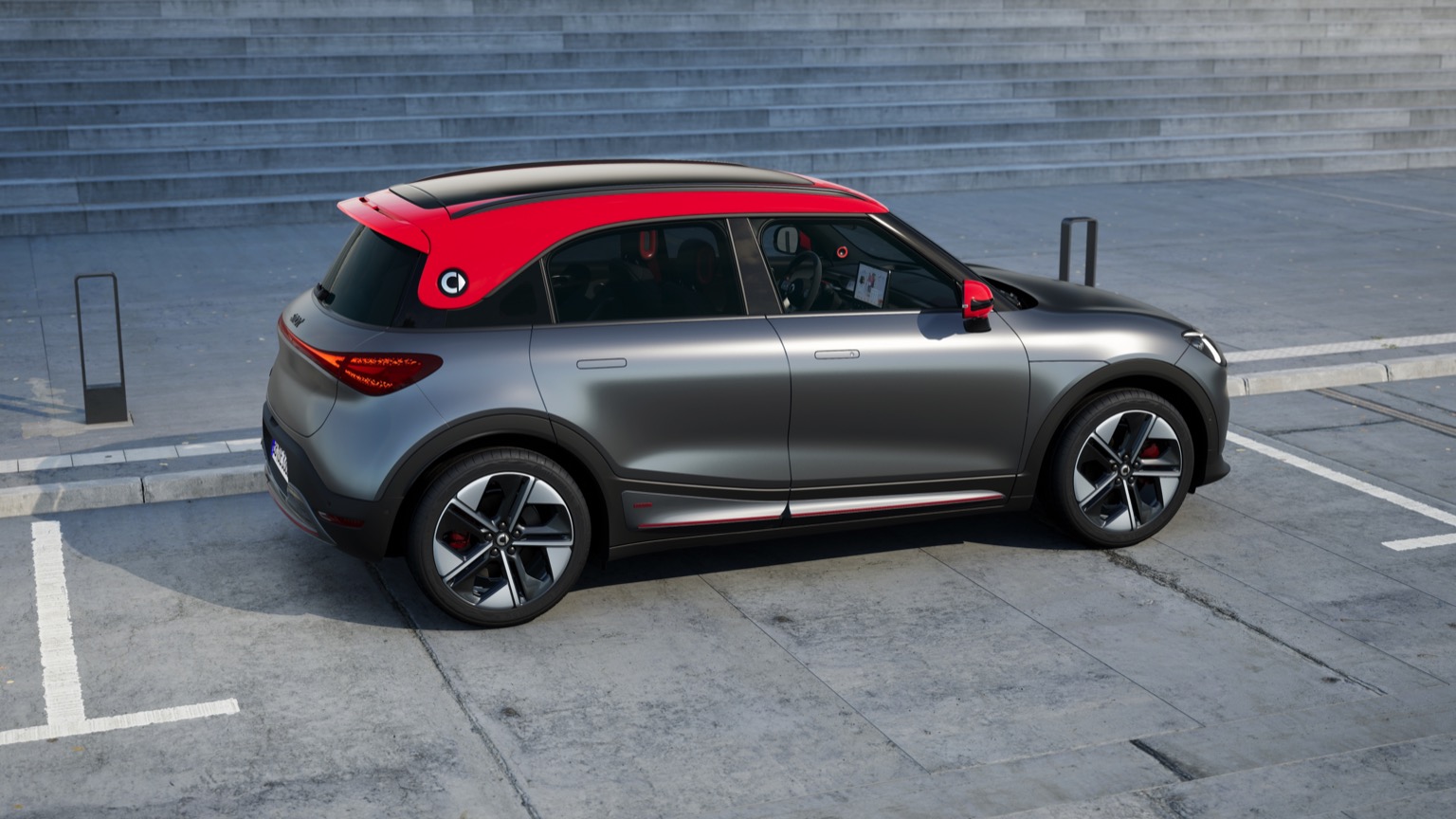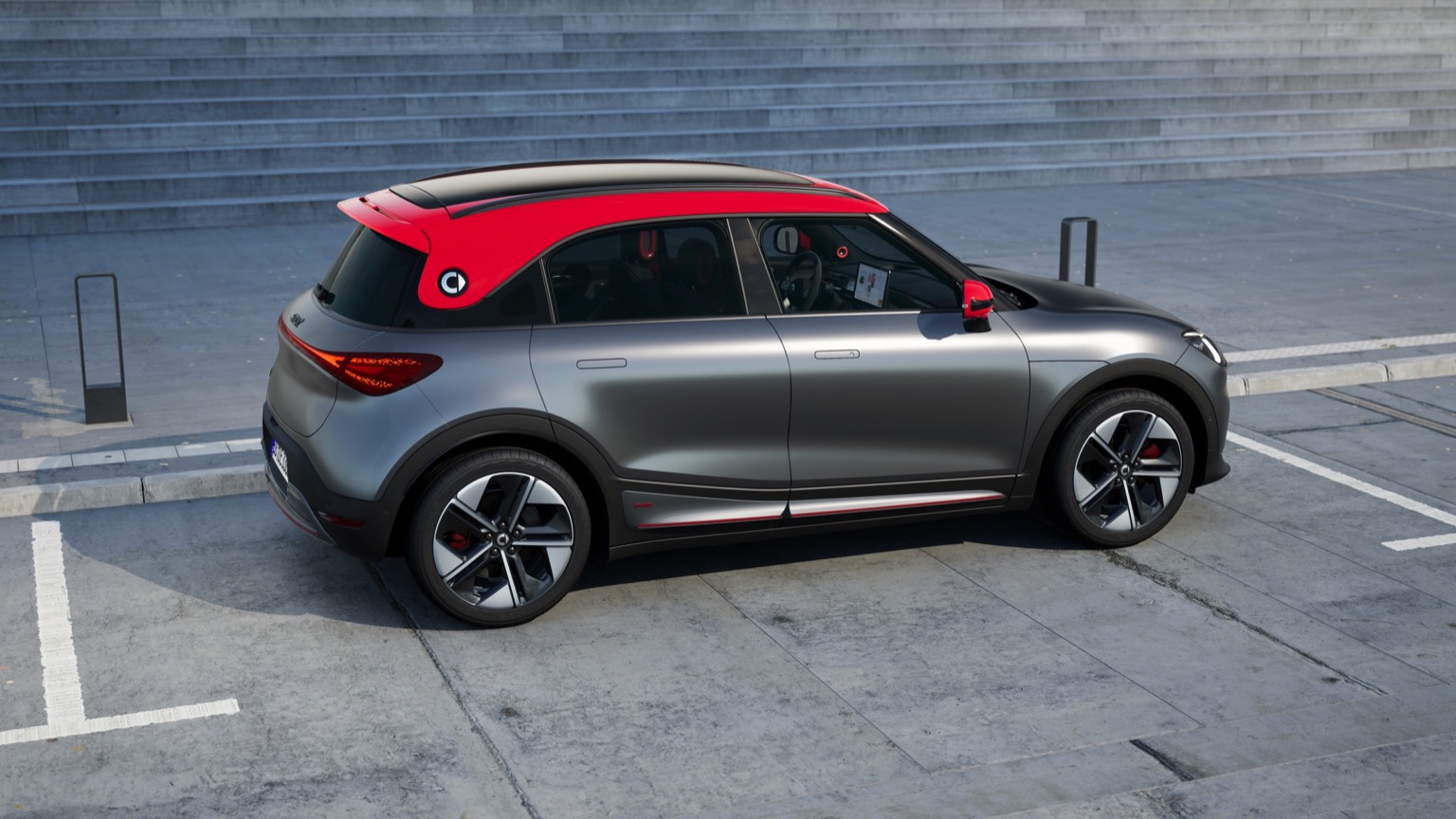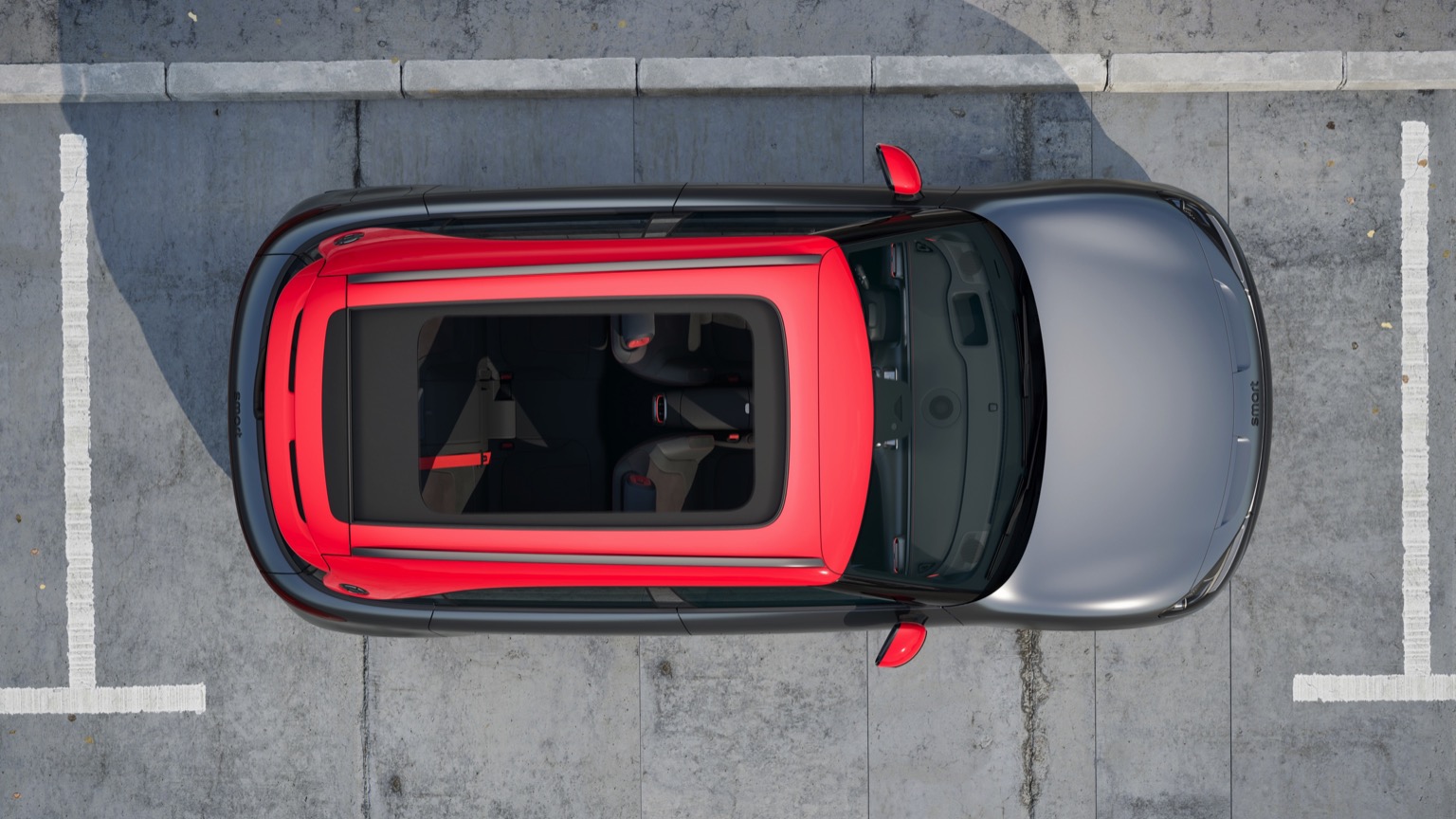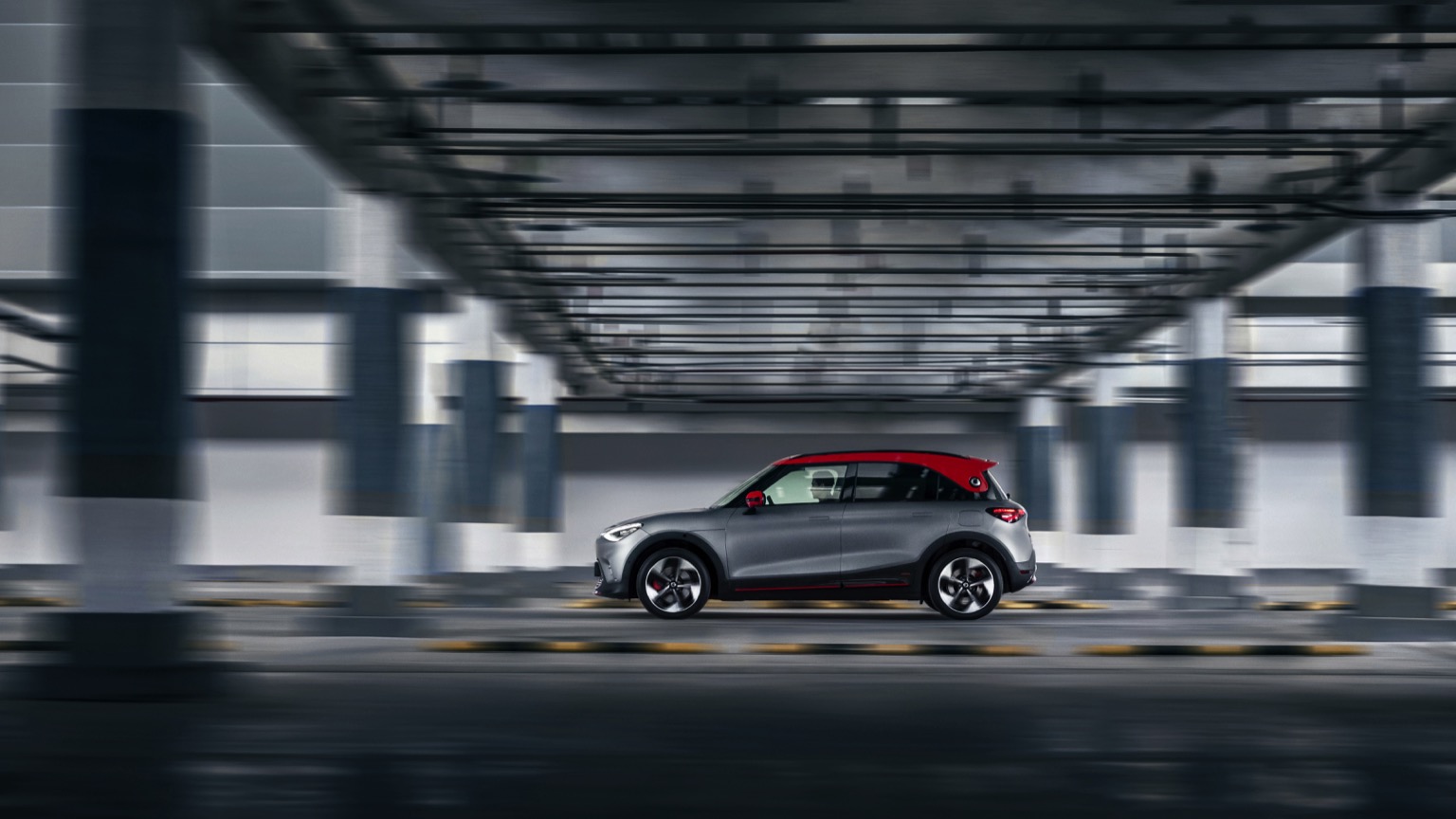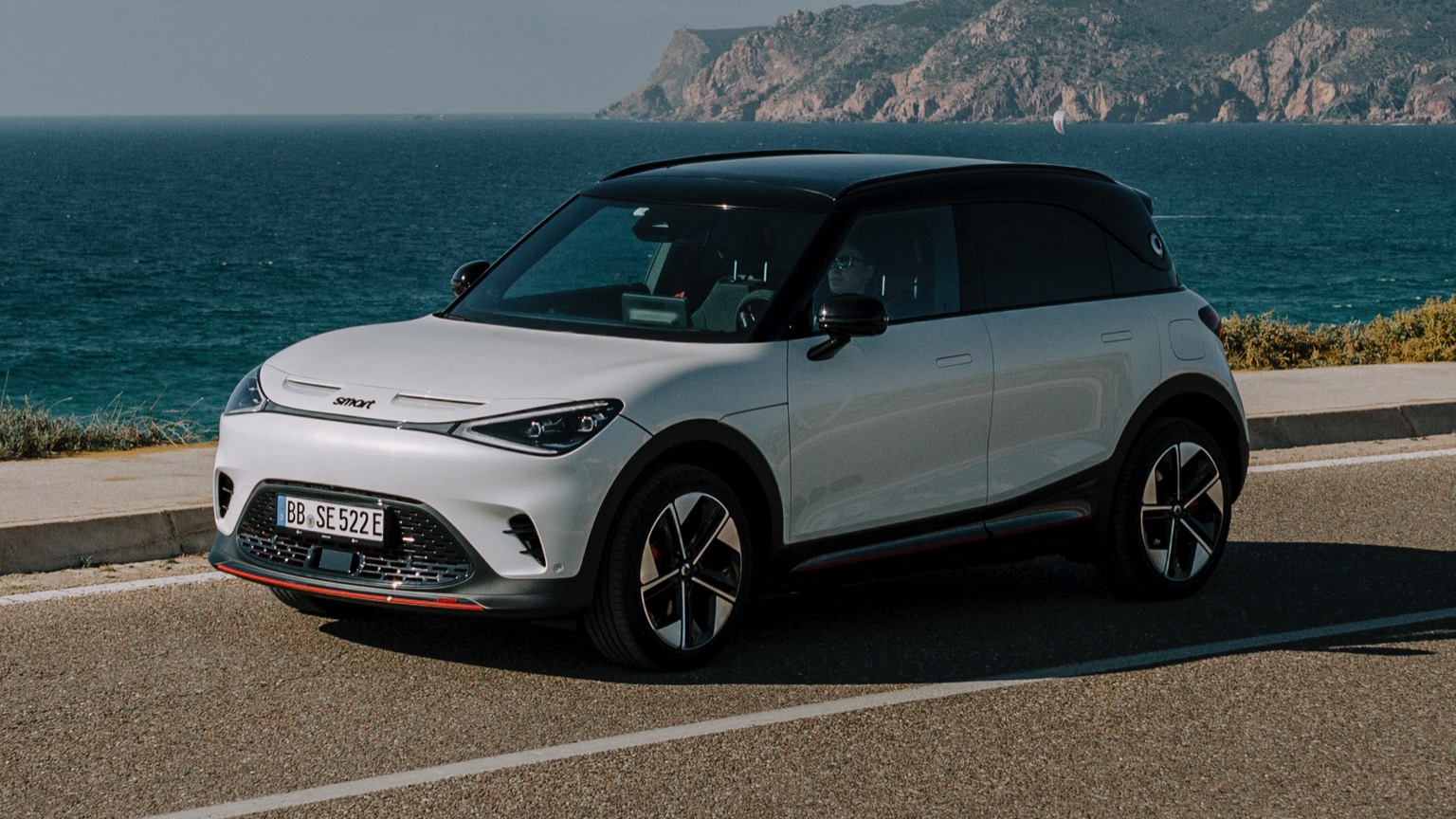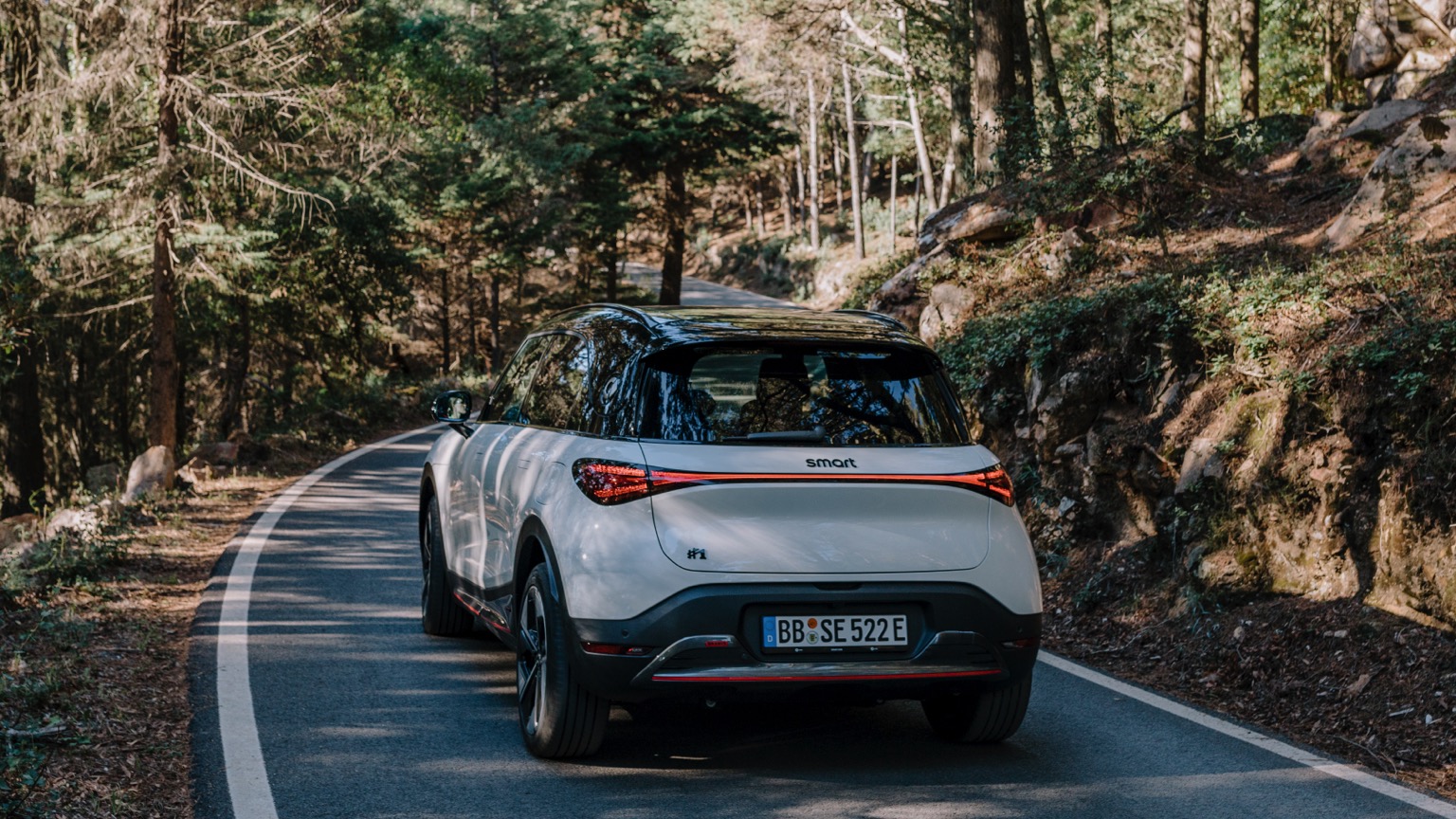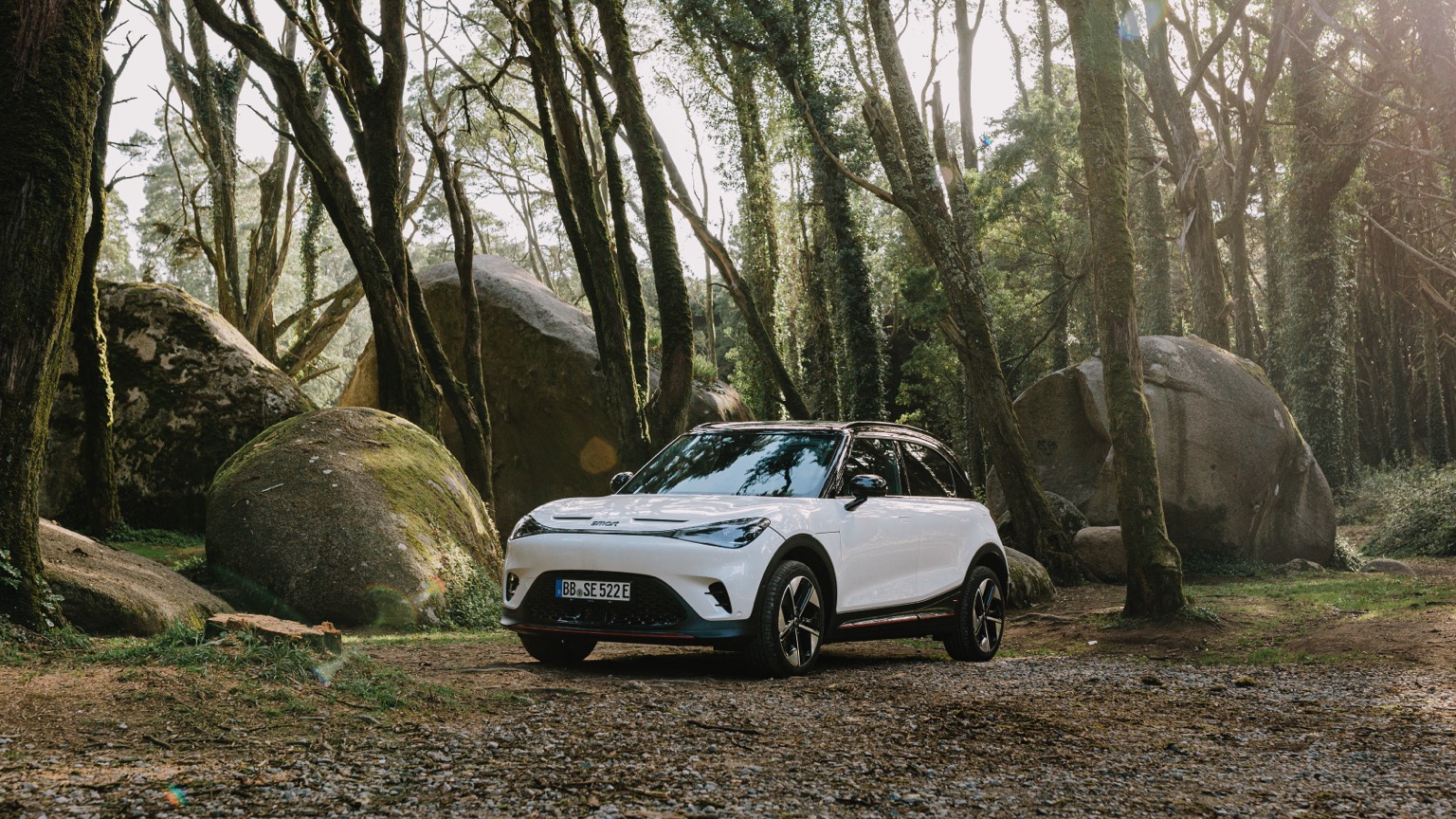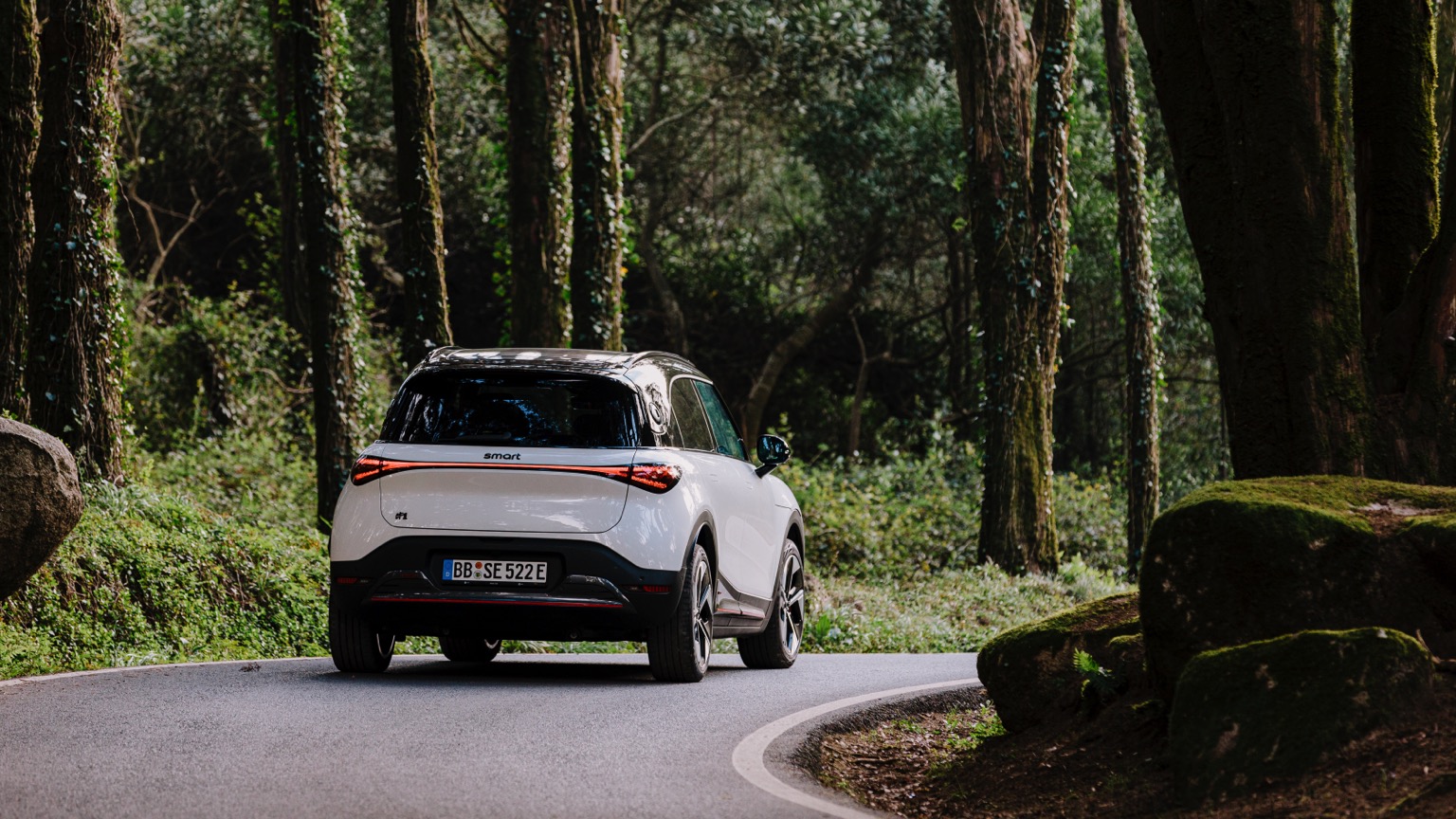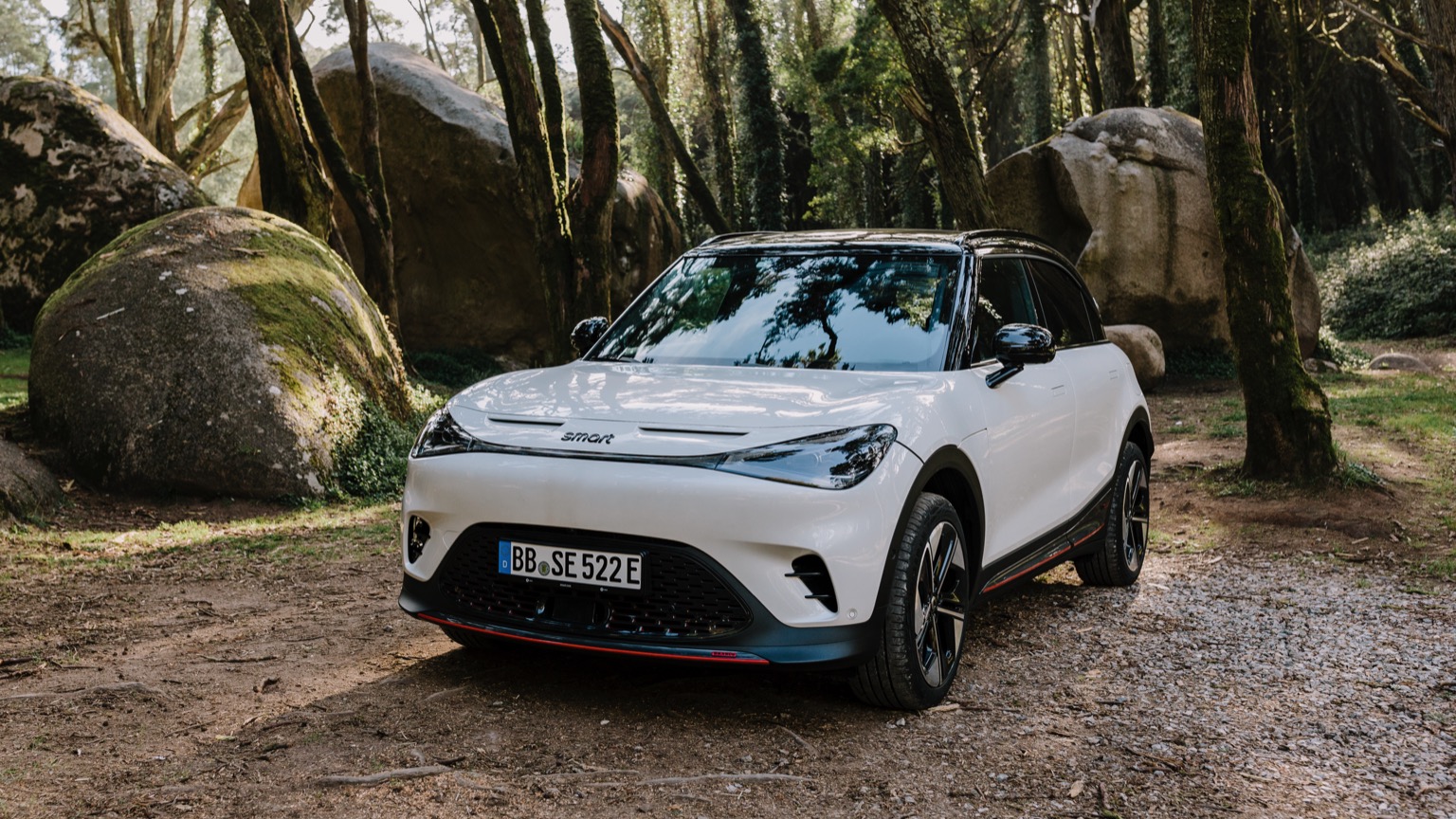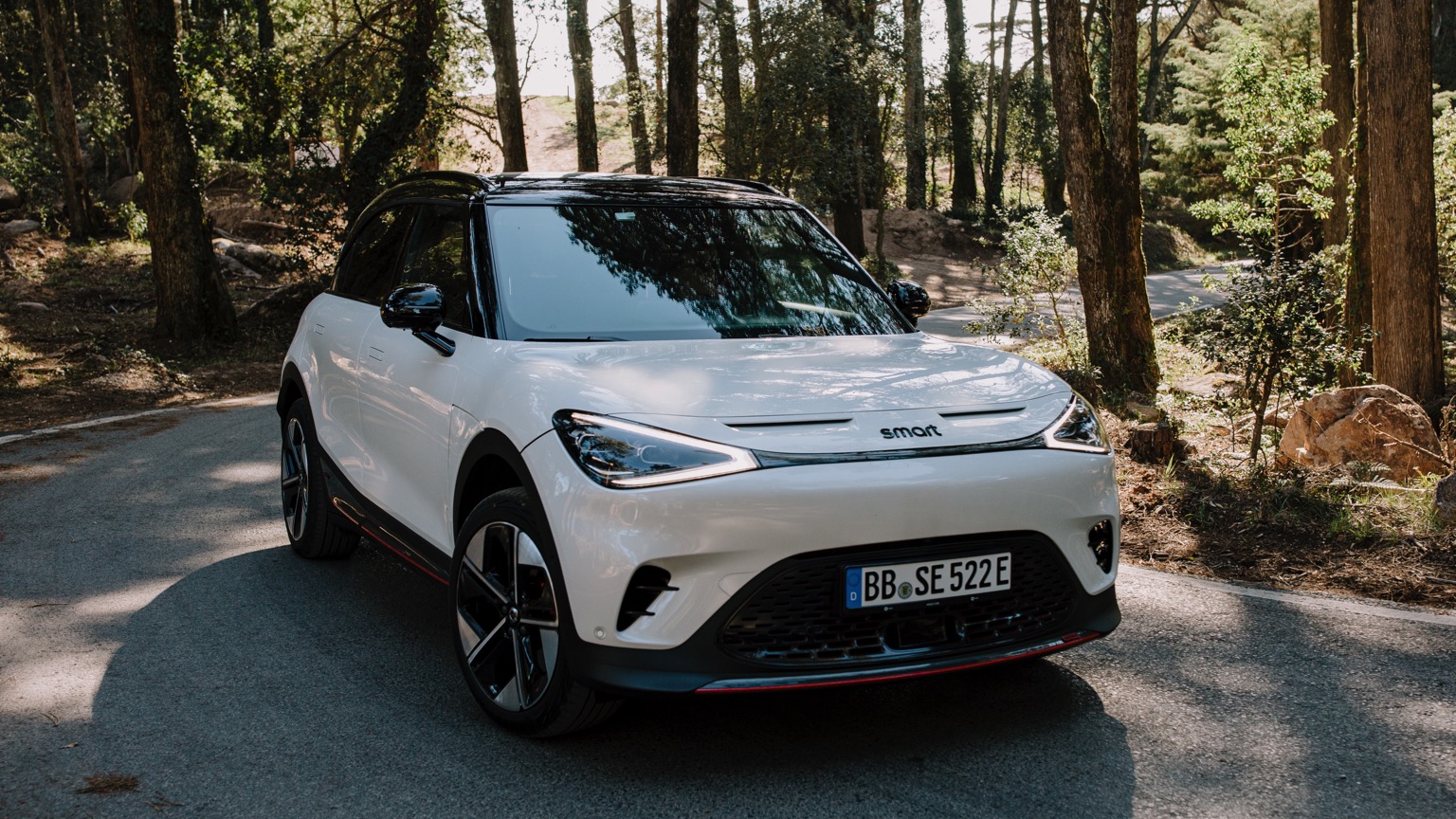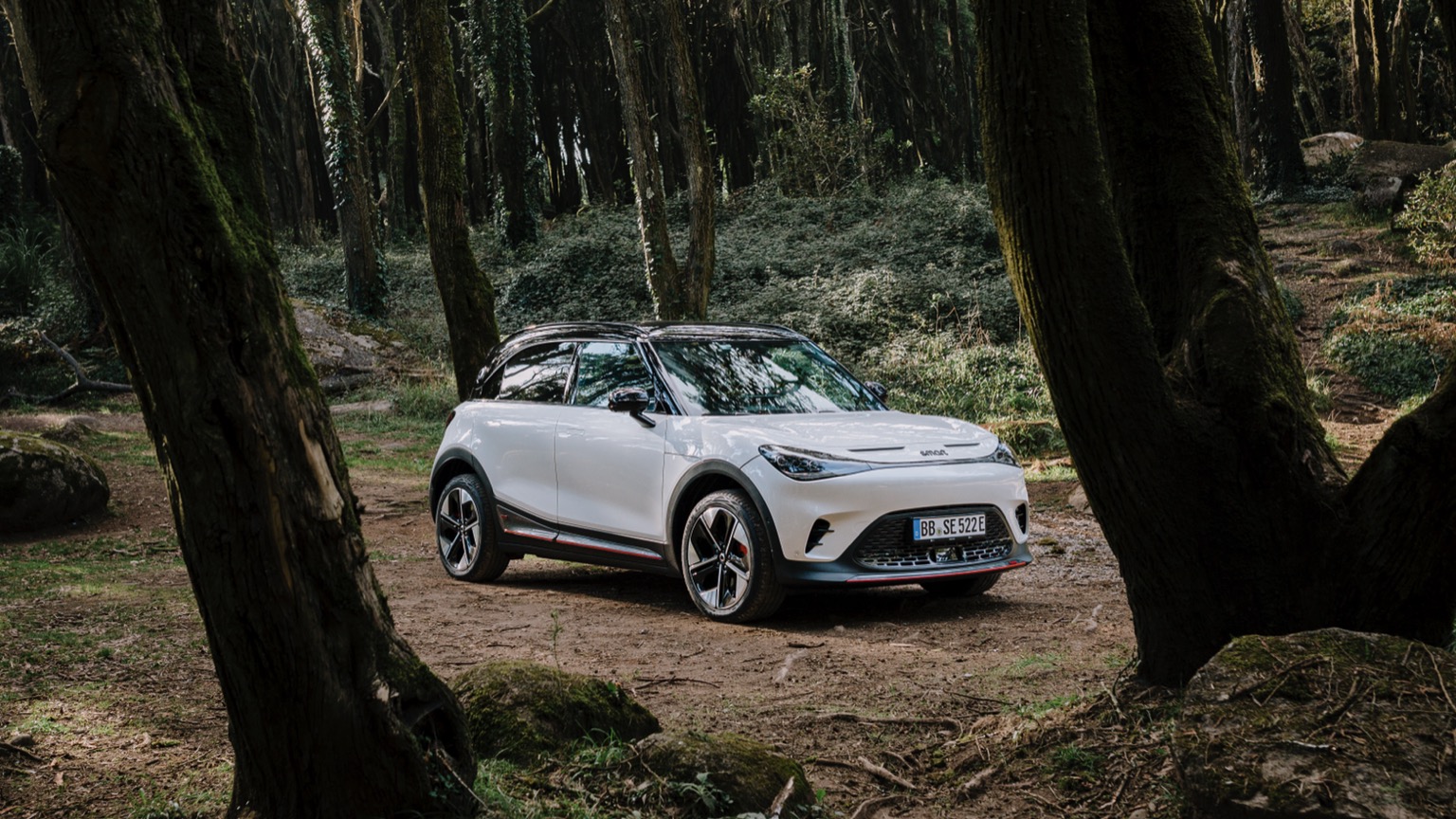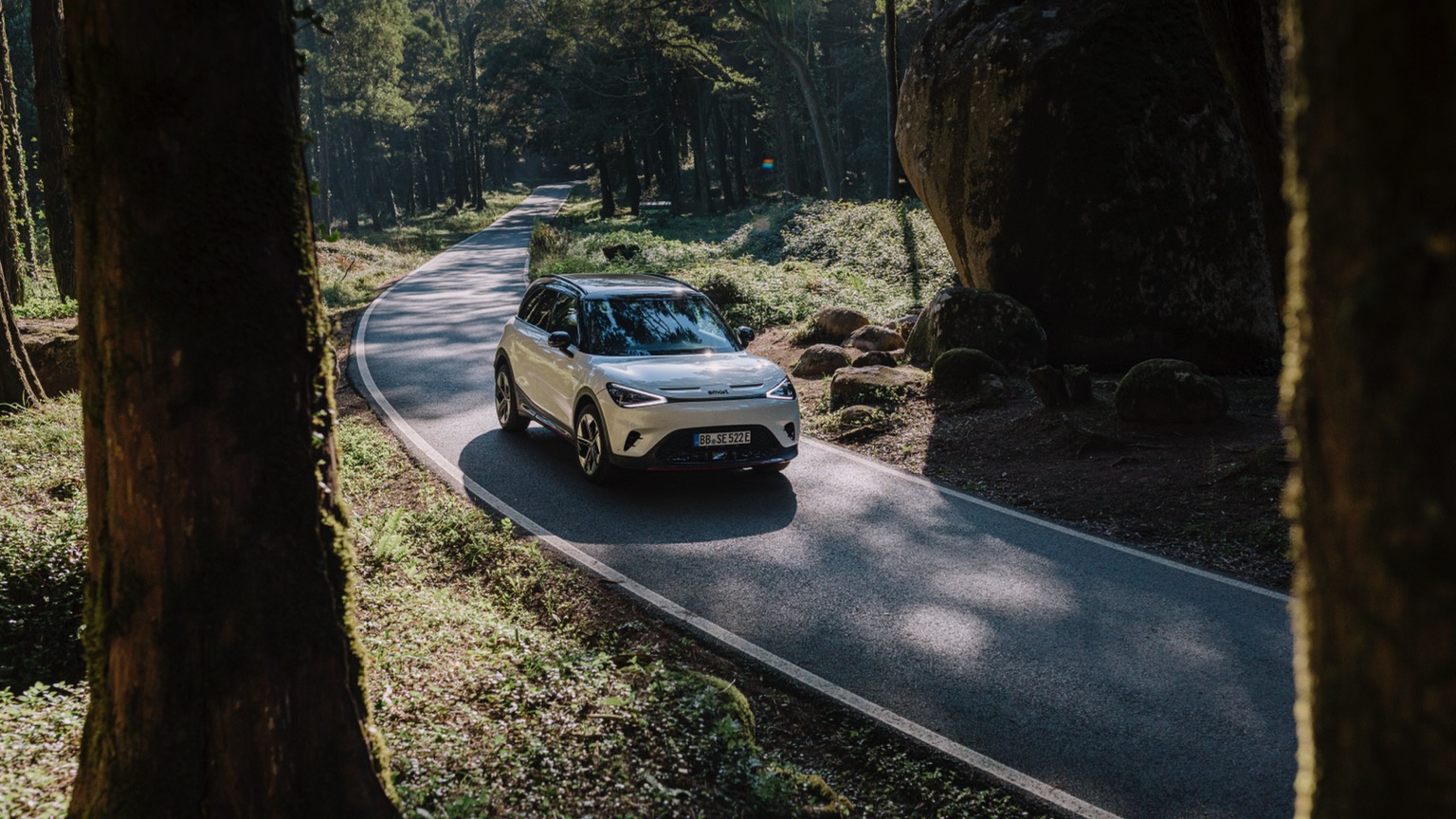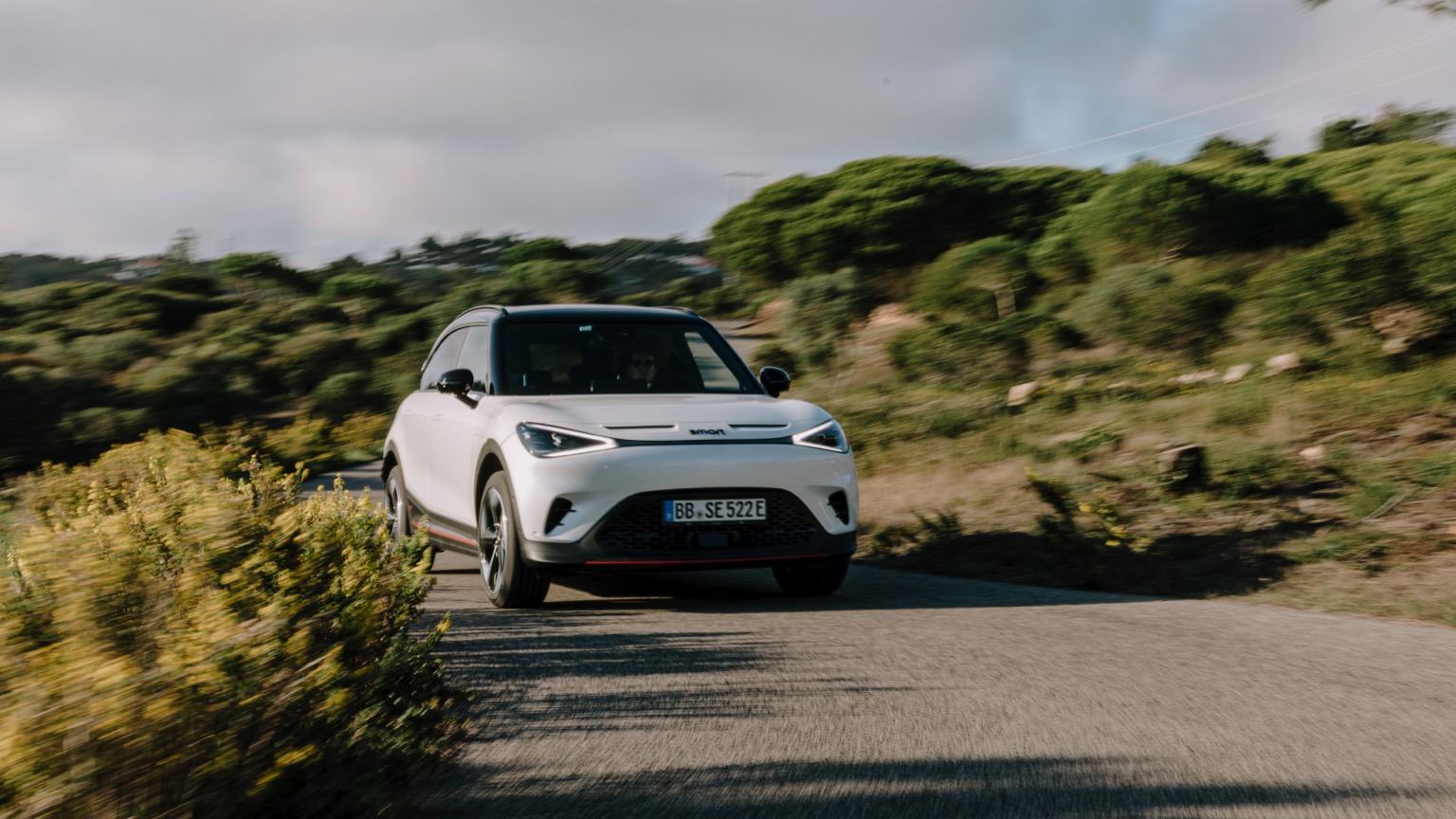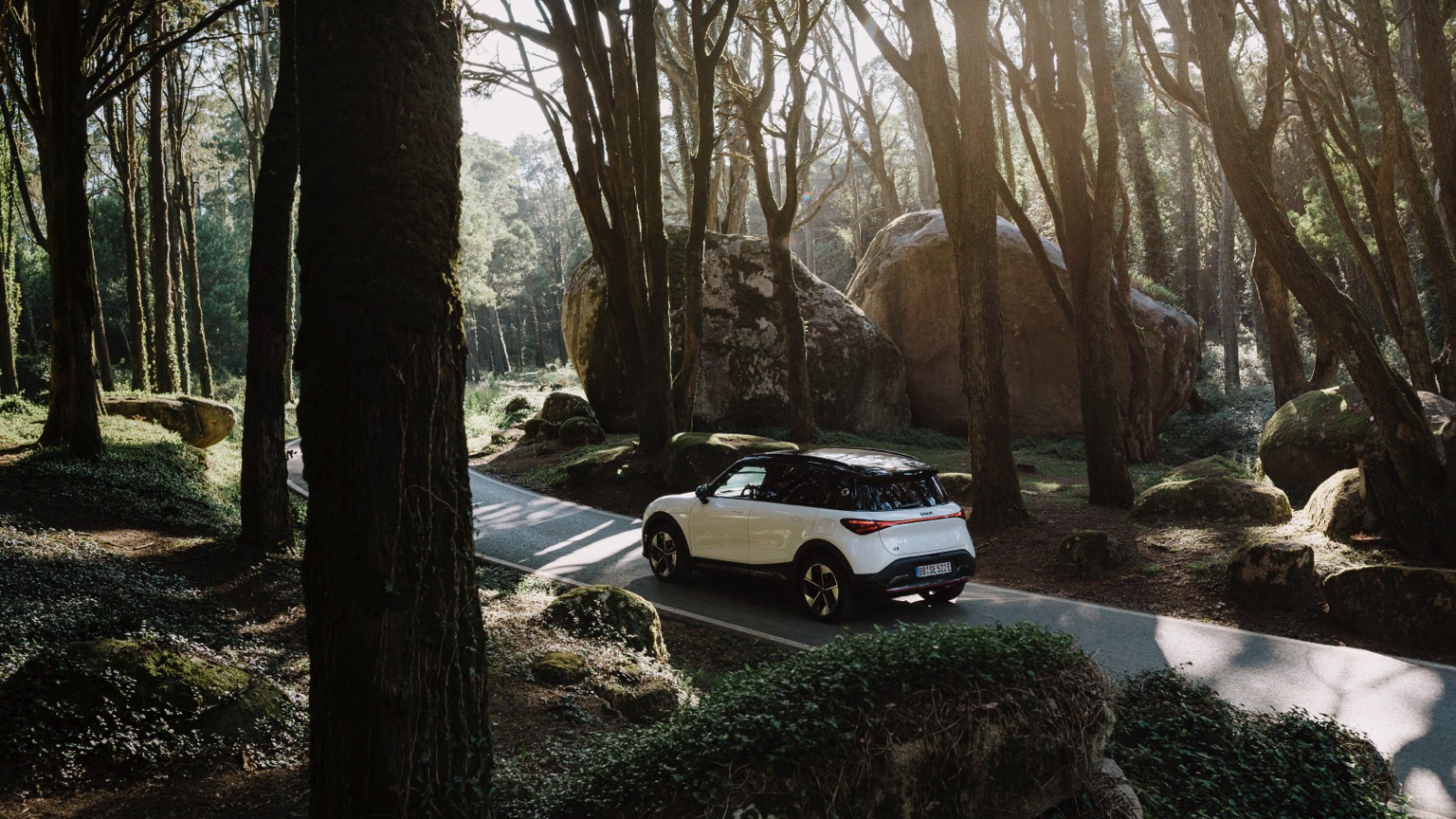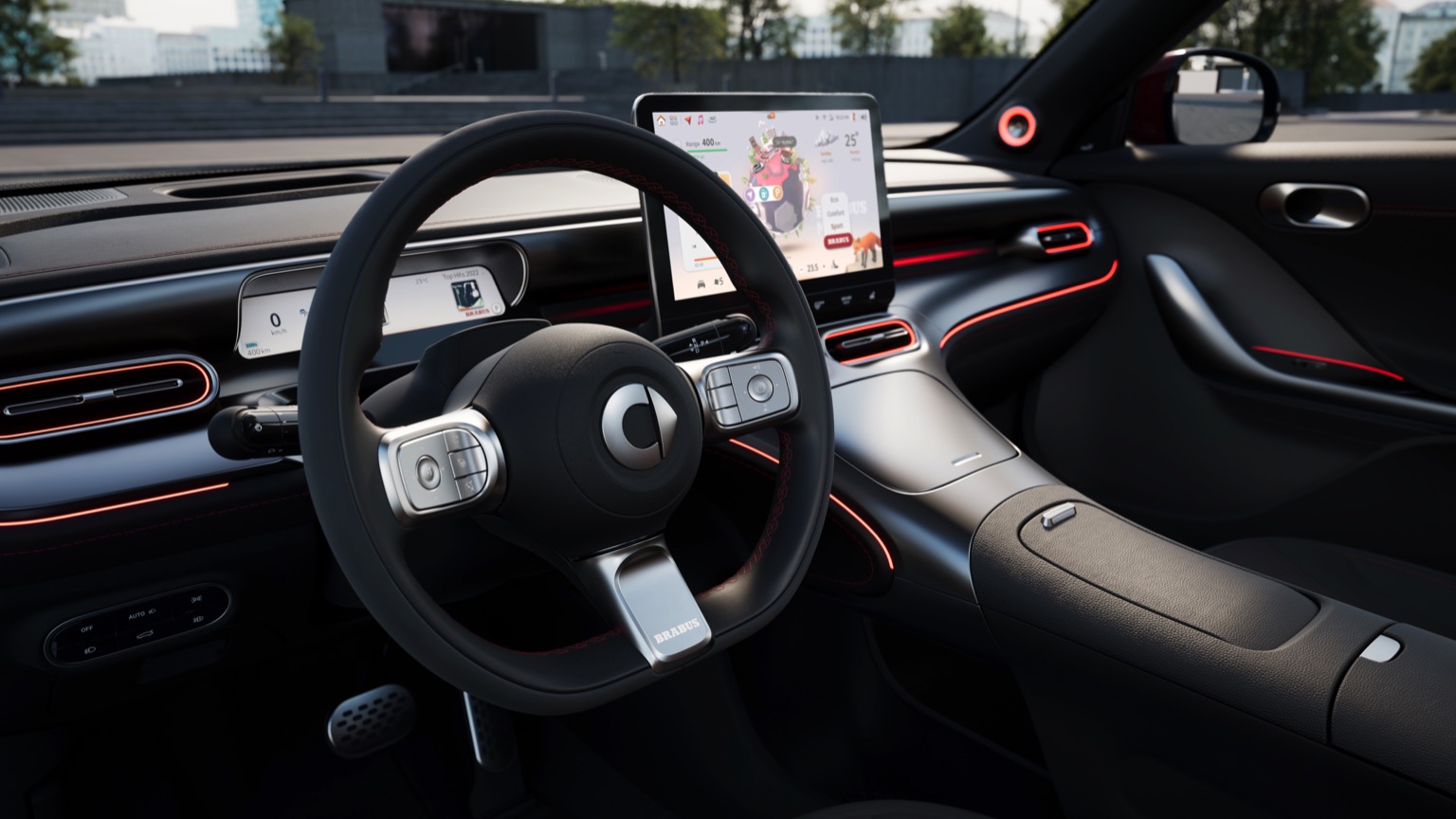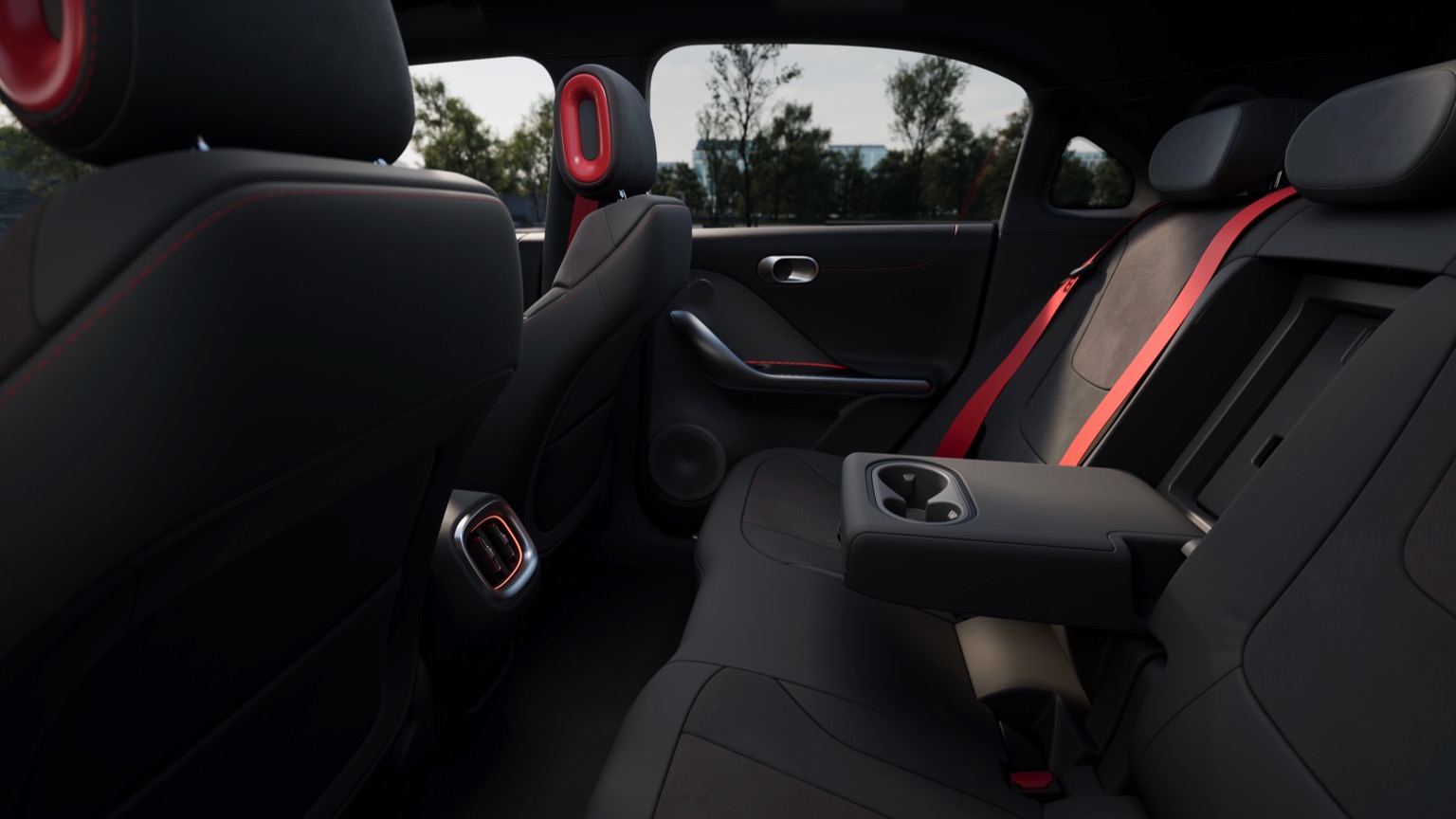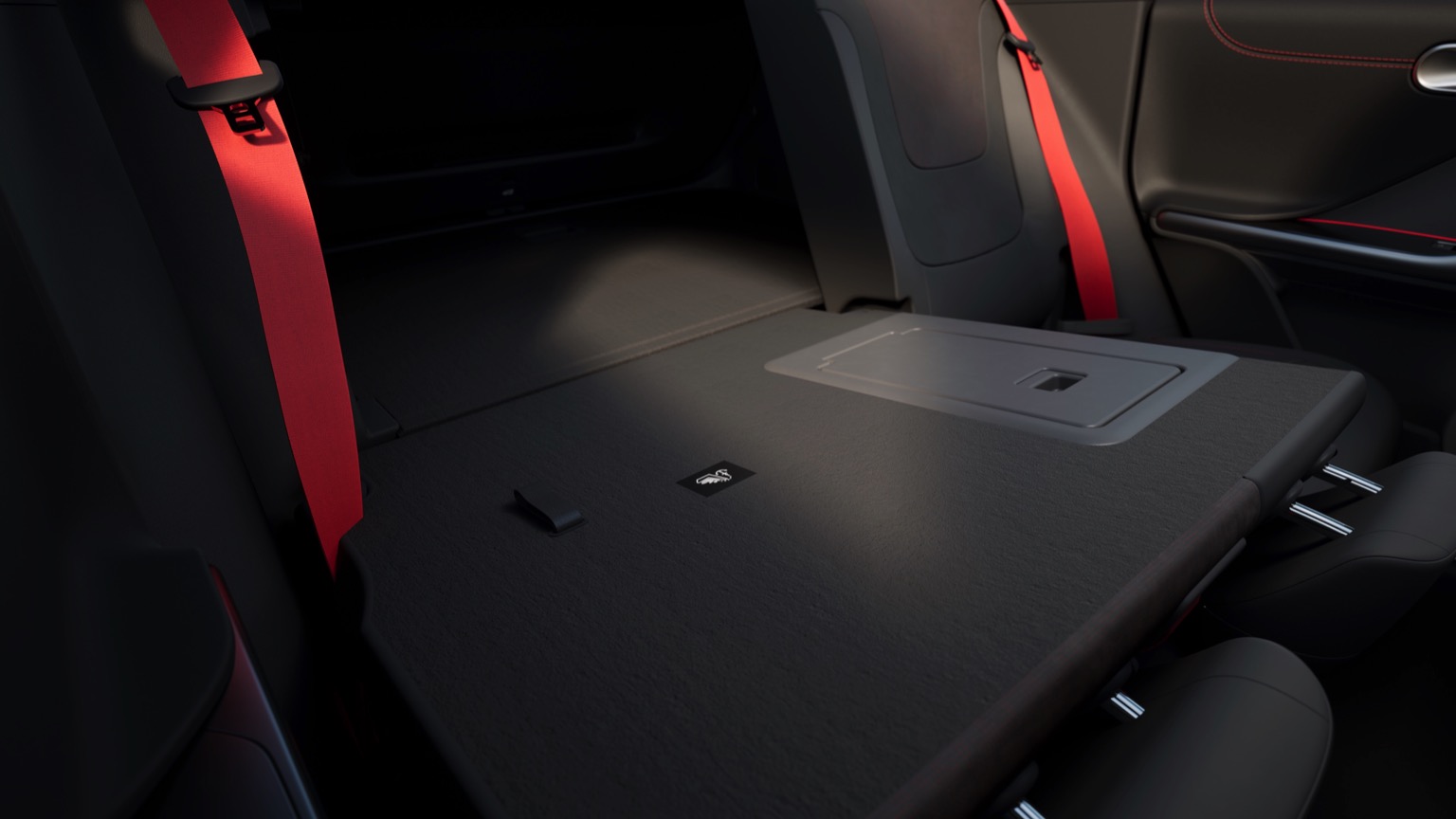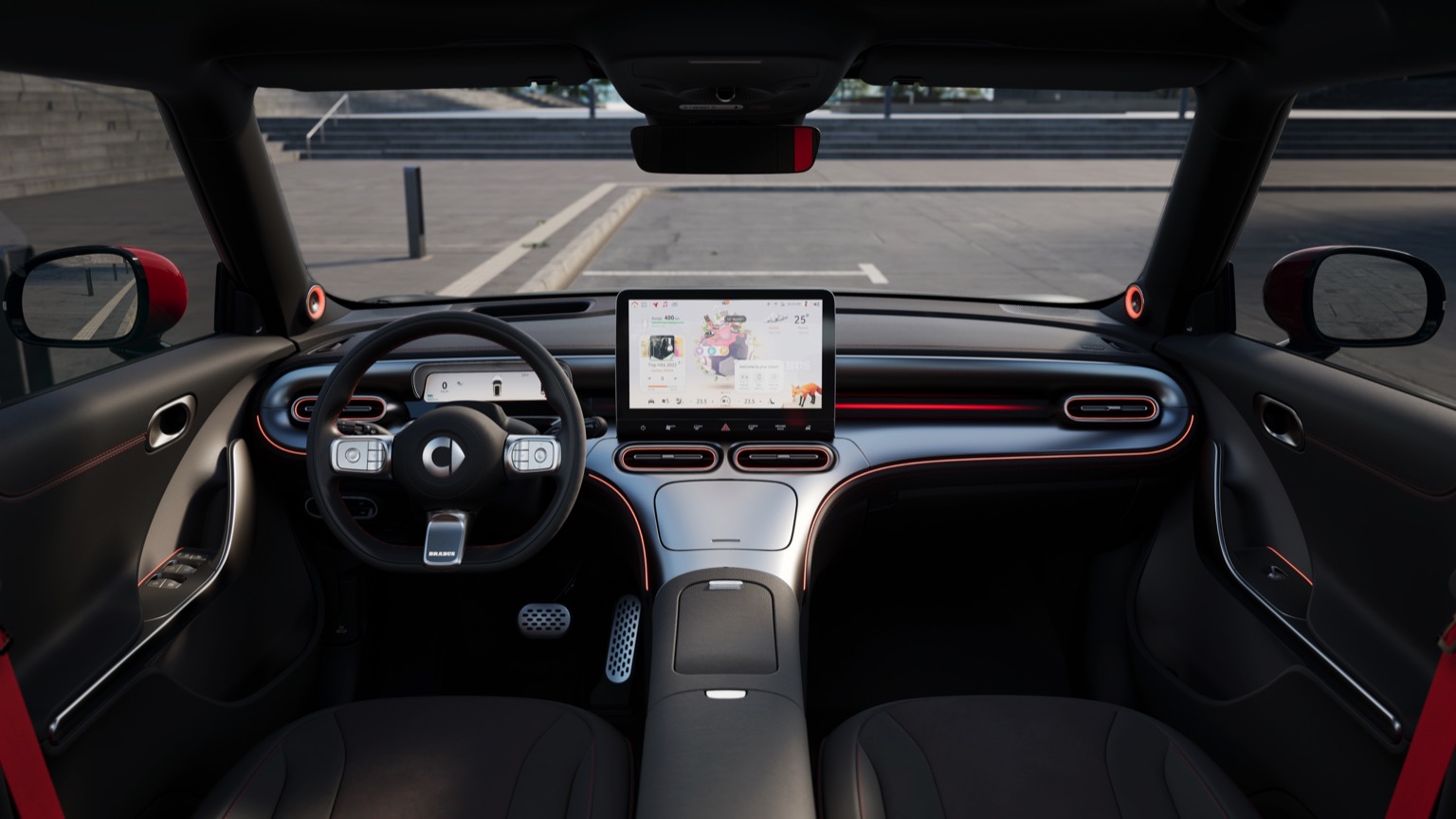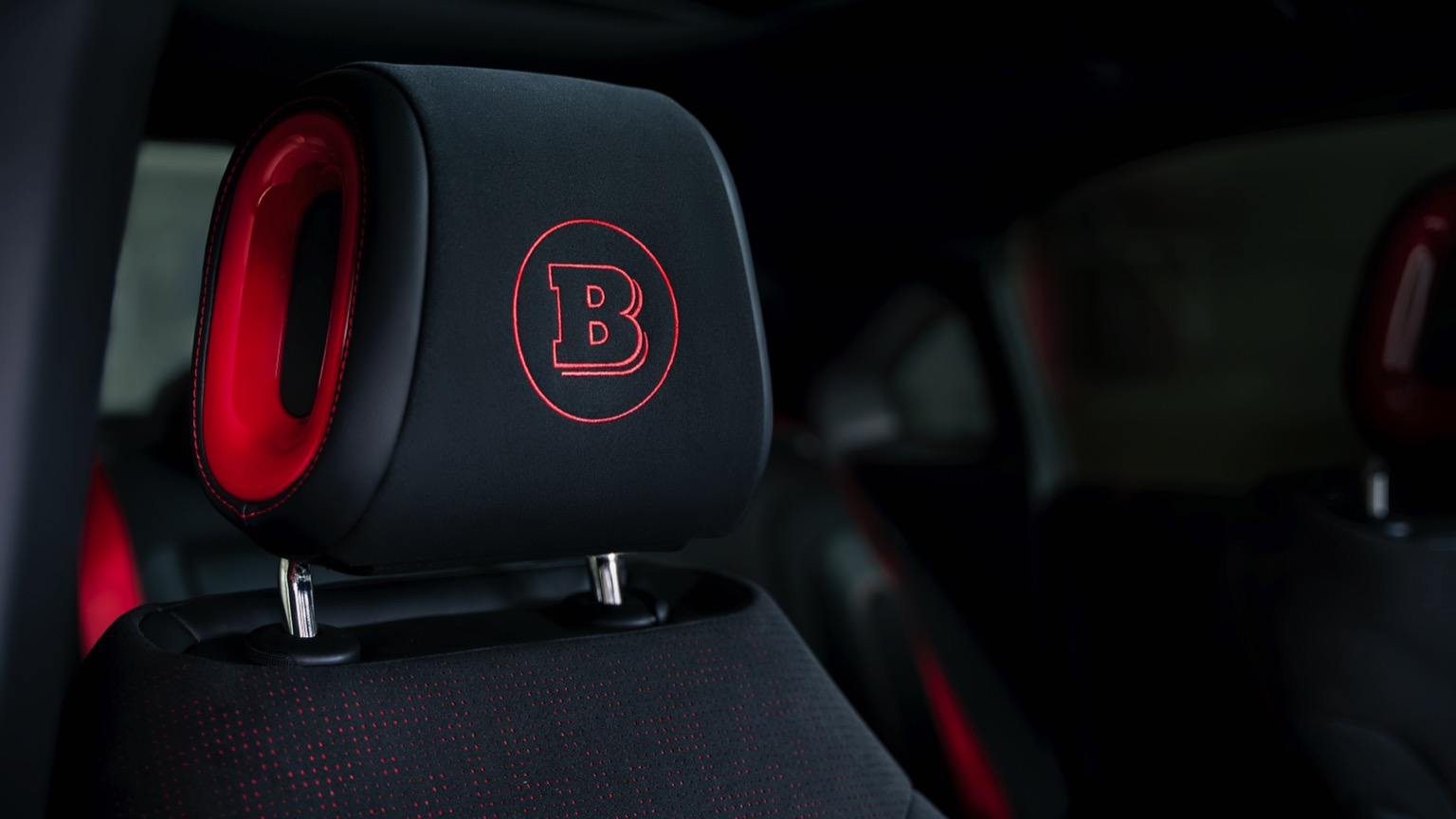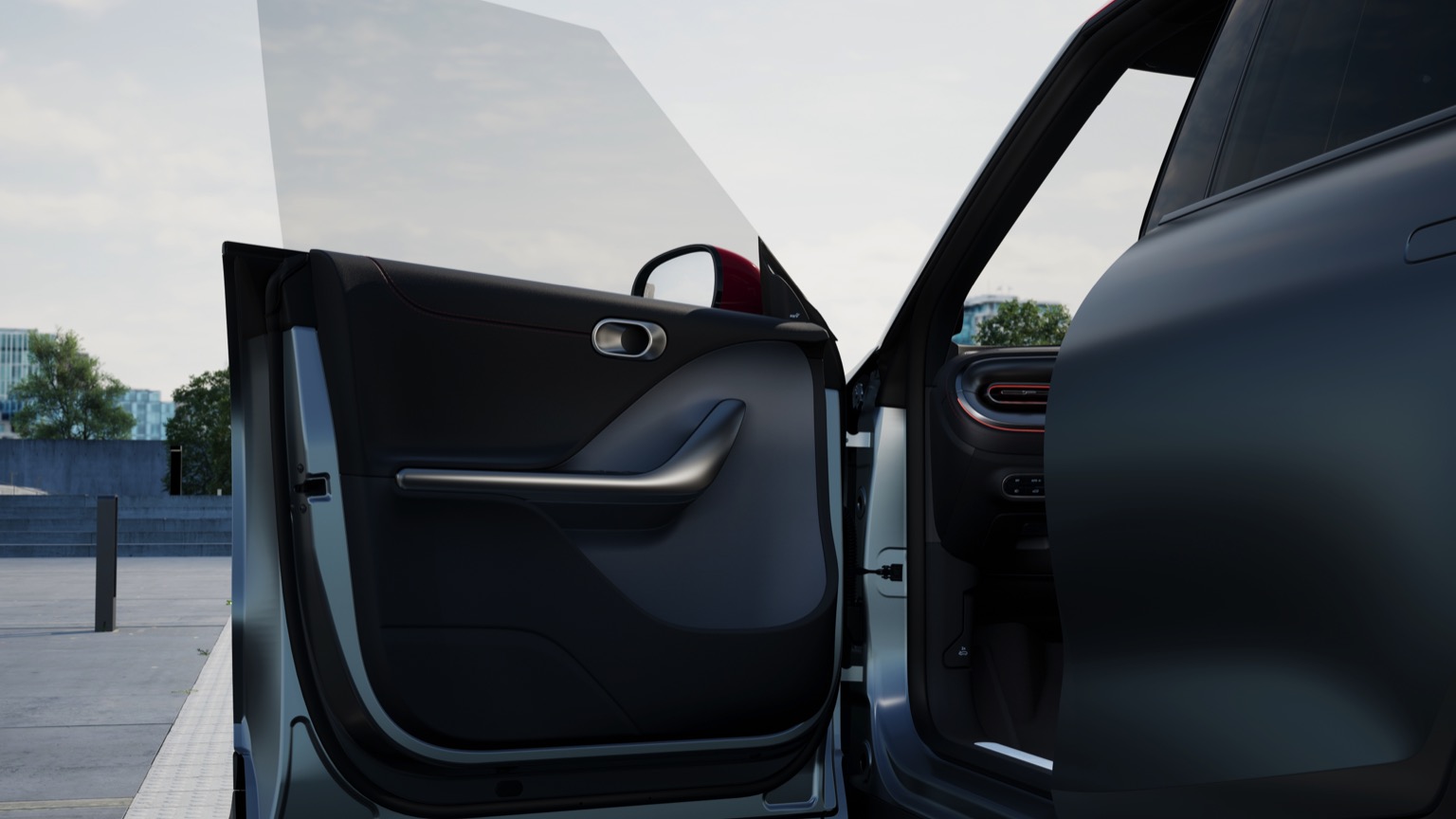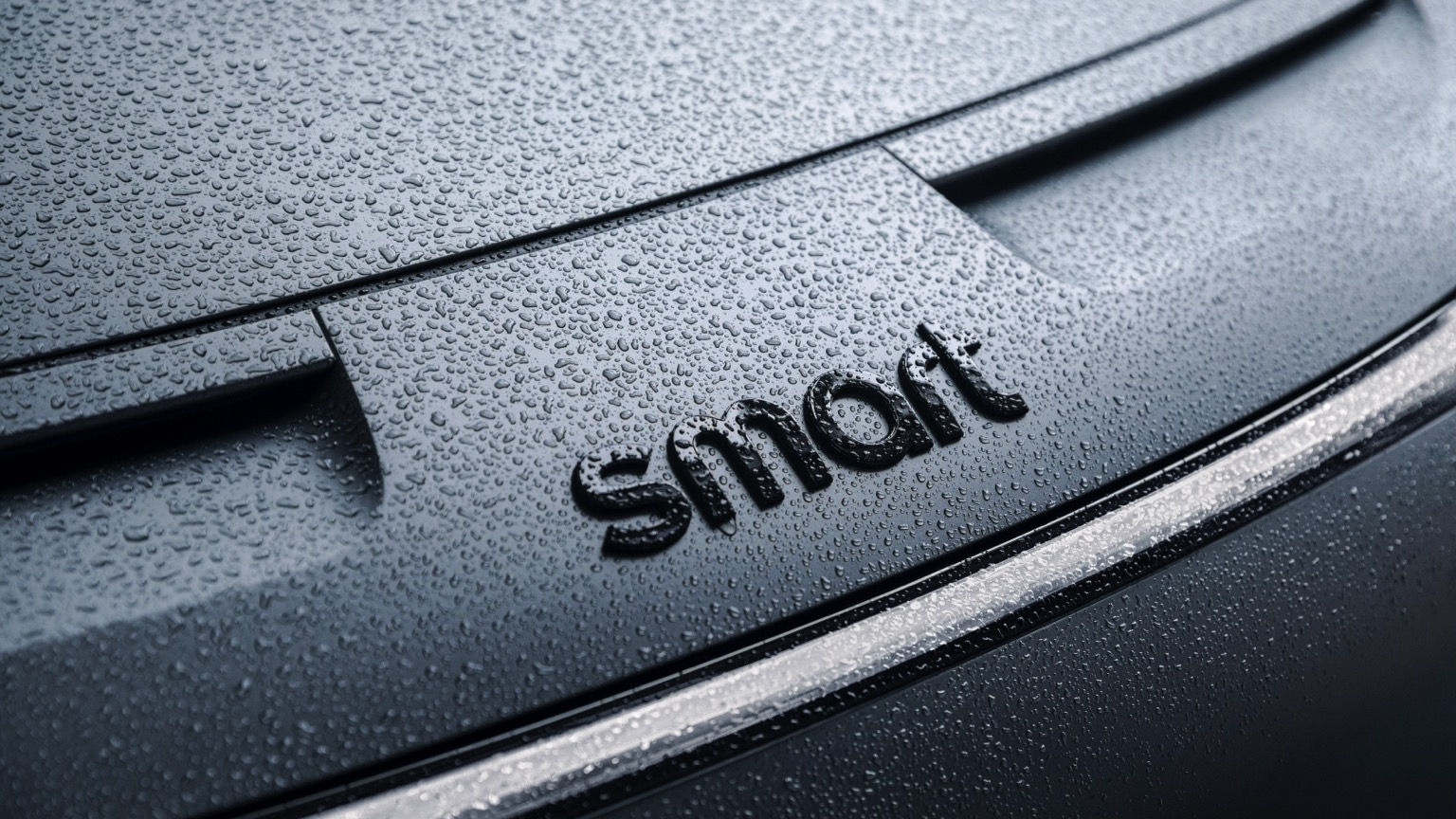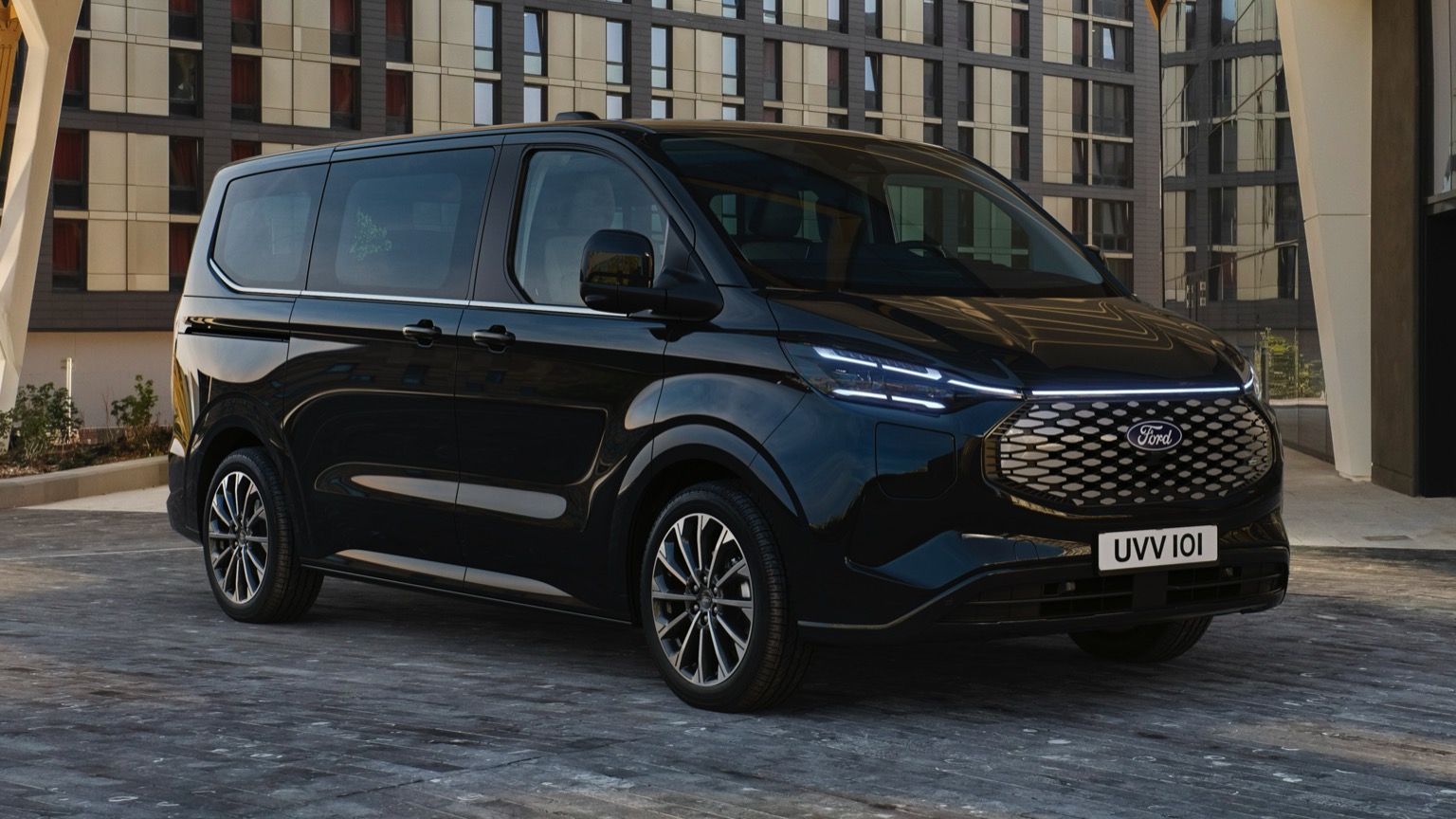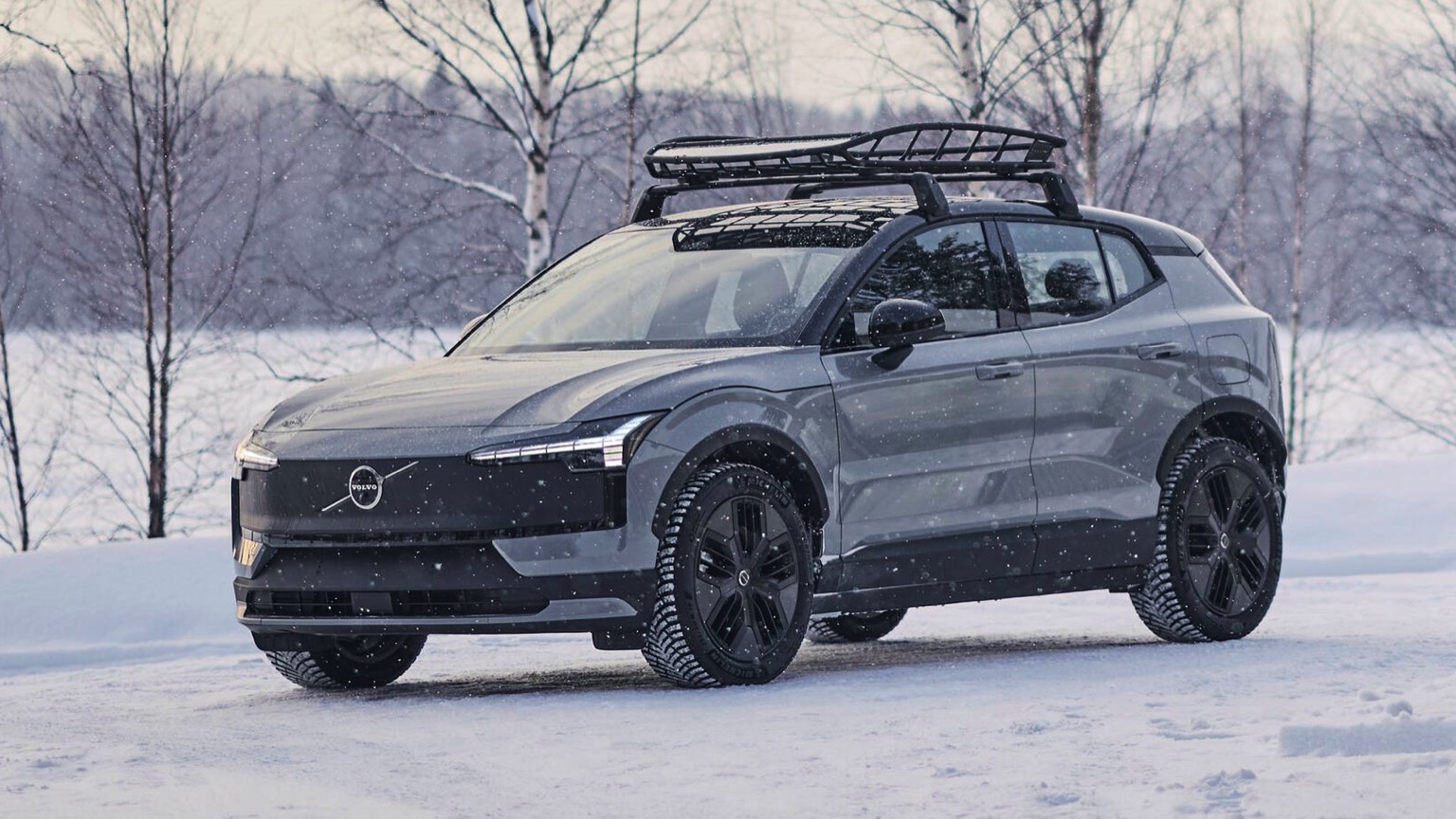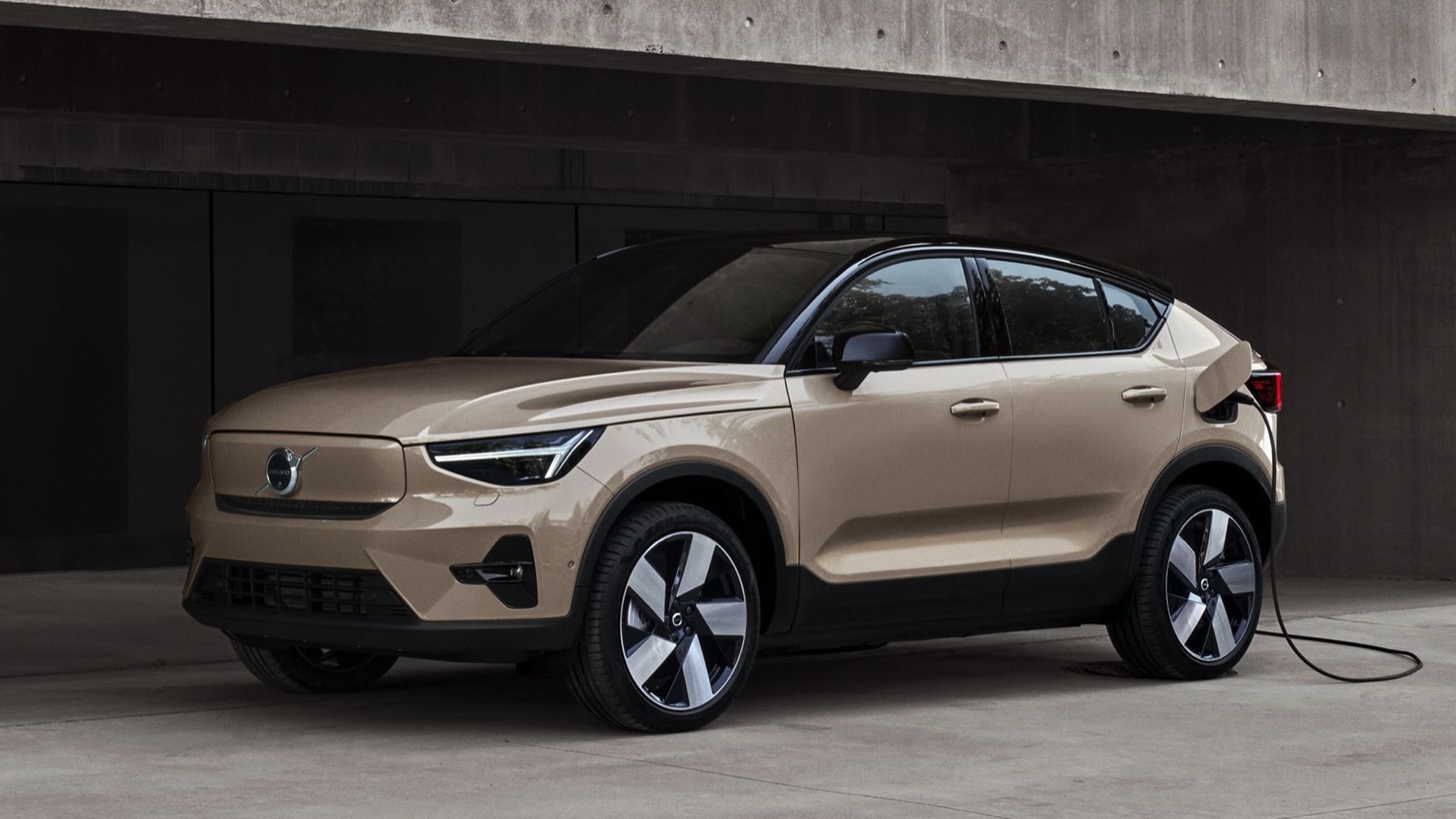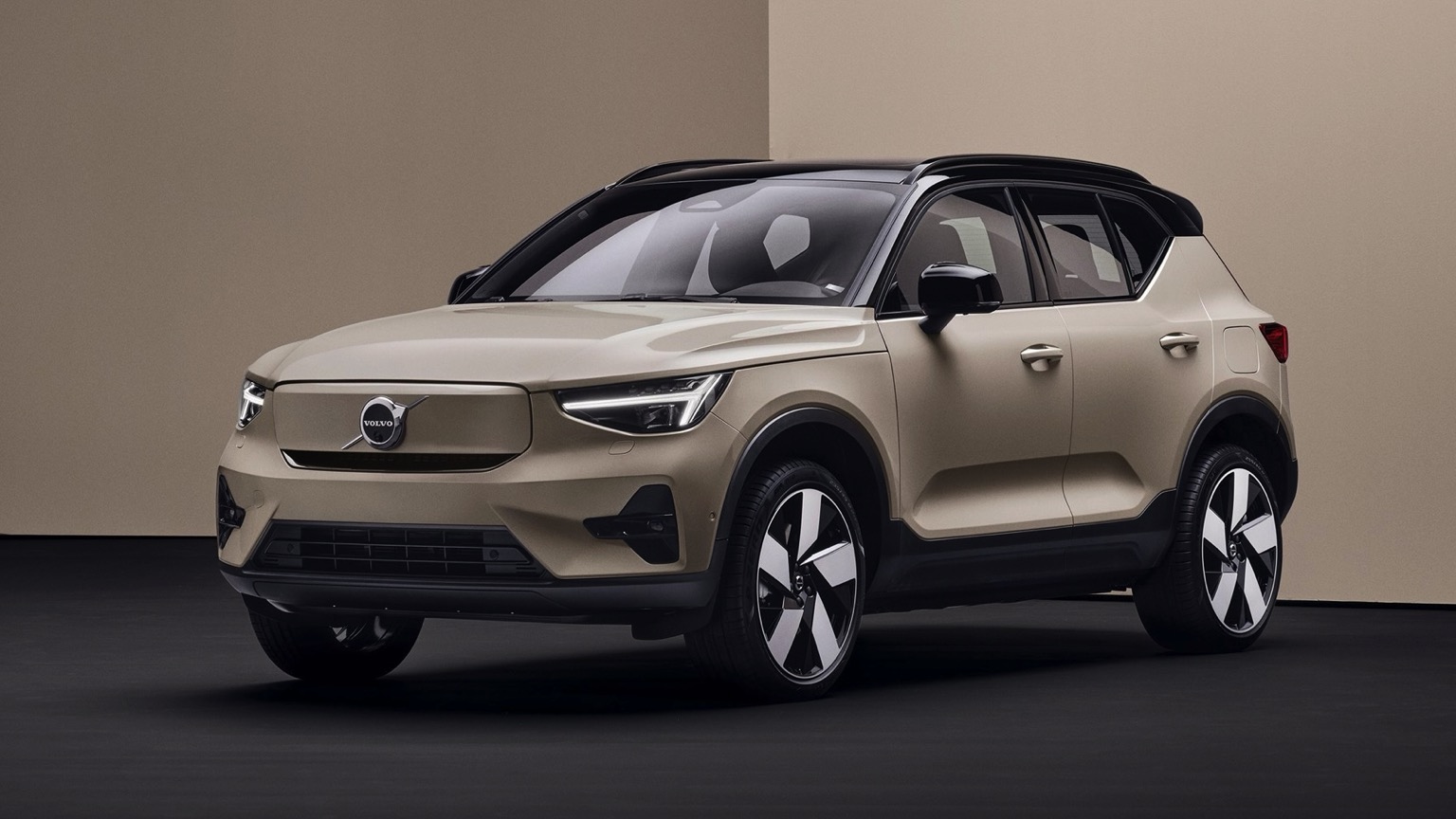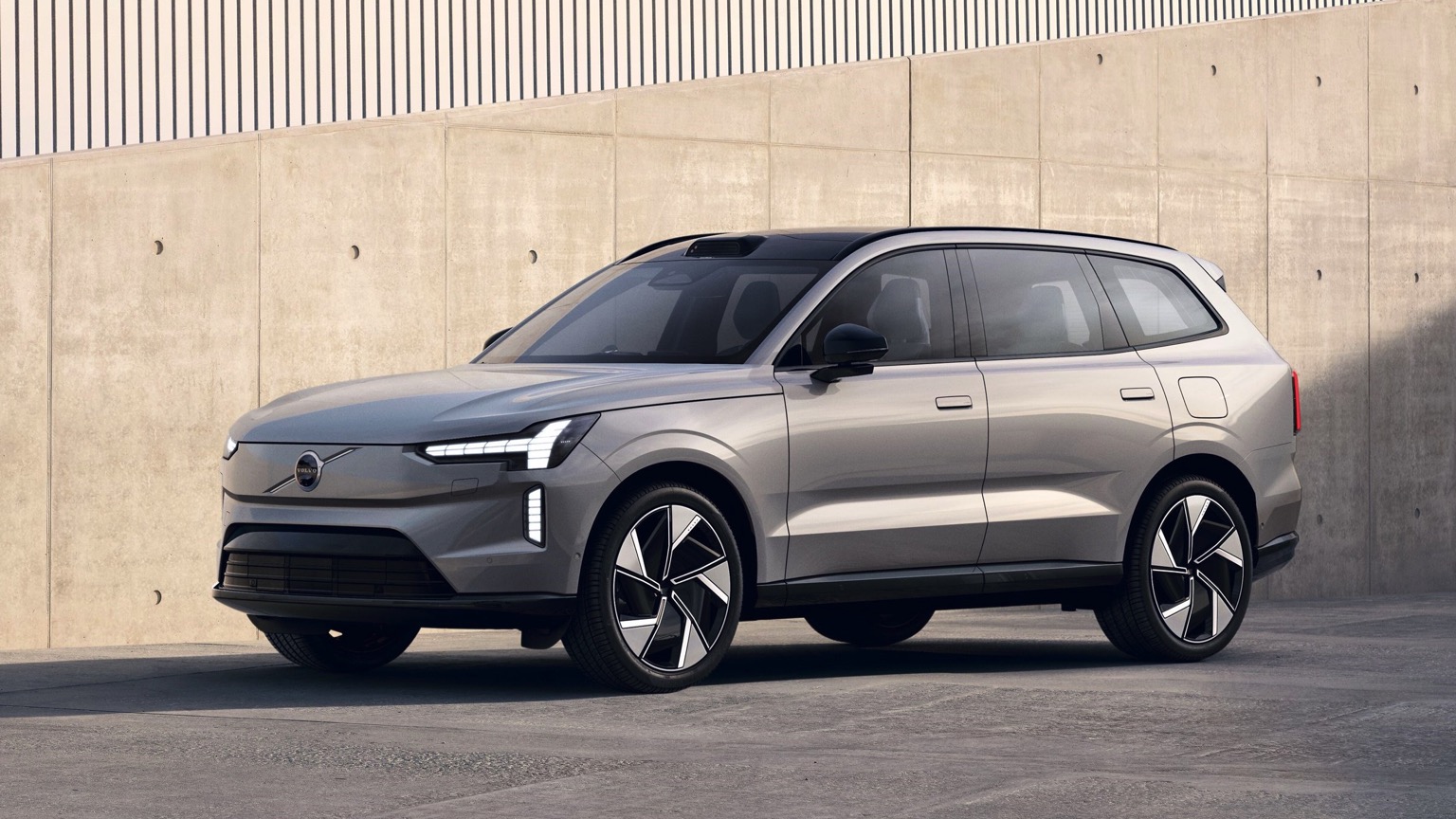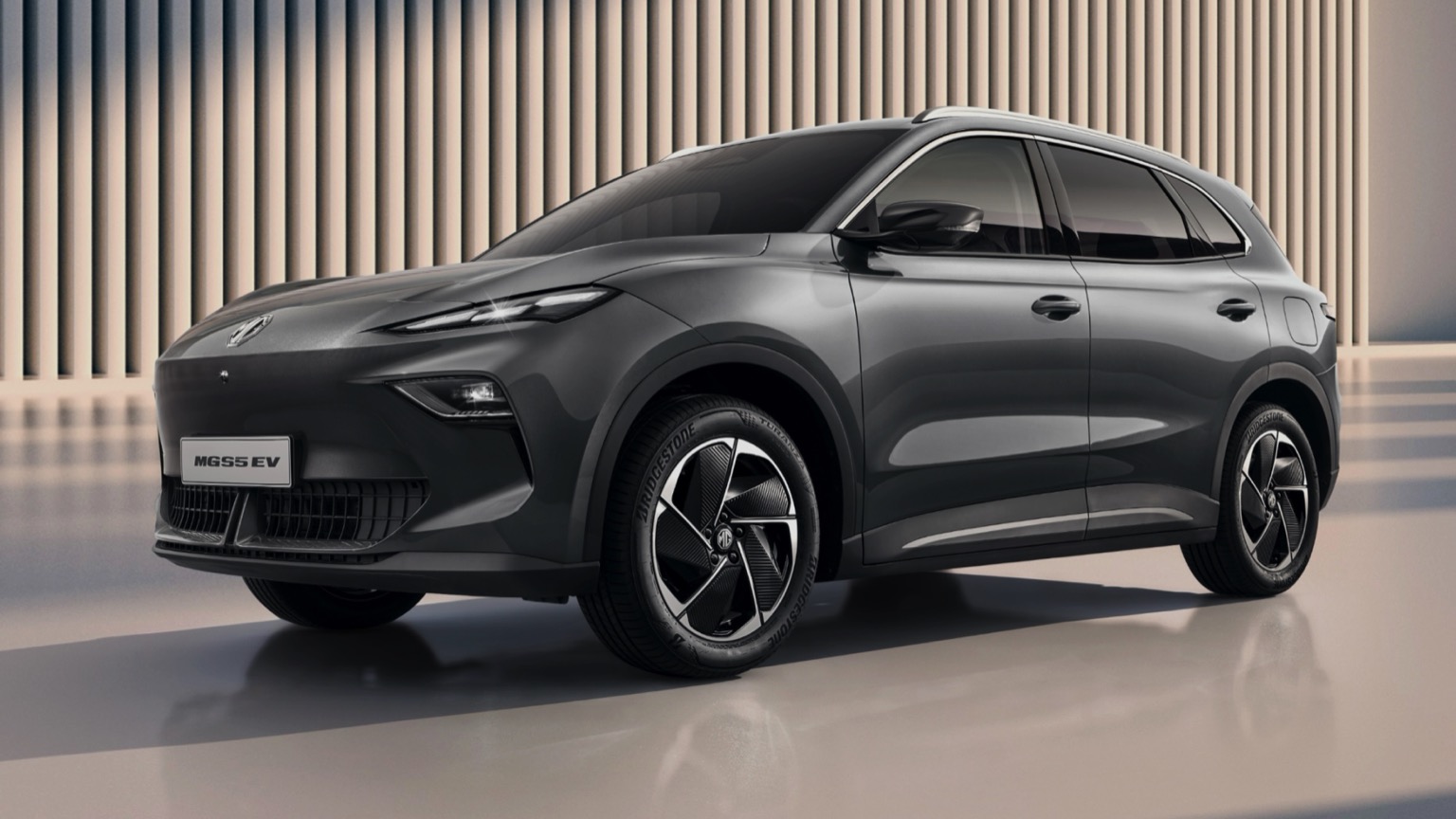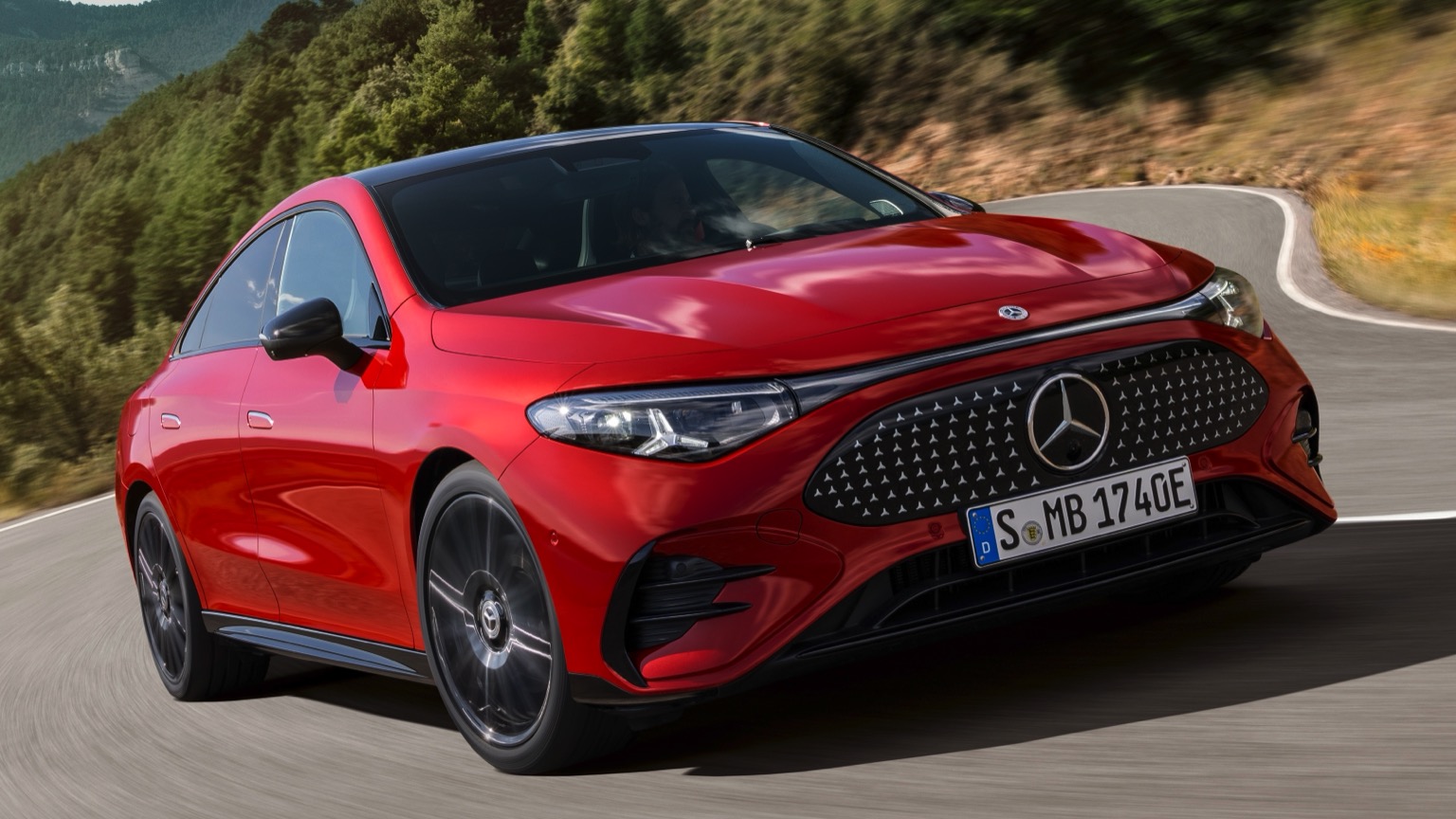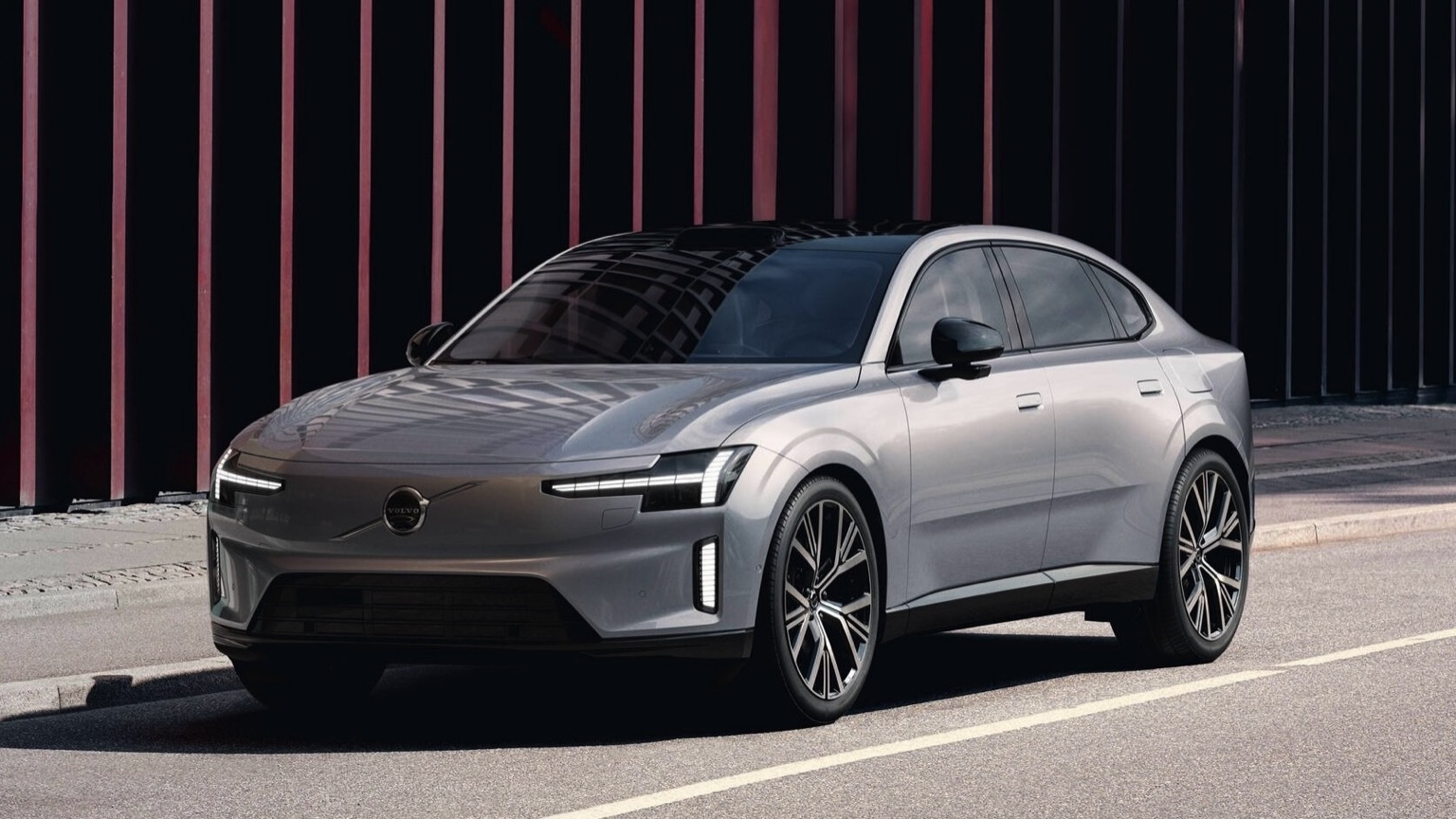Driving Range
In short, how many miles you can travel on a full charge. Is length important? Let’s not open that can of worms…
Efficiency
How many kWh of charge are needed to travel a set distance. The fewer needed, the more efficient your EV is. Easy!
Battery
The bigger the battery, the more power it can hold. In essence, fewer stops needed to top up your charge. Ahh, simplicity!
Top Speed
The maximum speed you can reach with your foot pressed hard to the floor. Important when escaping a zombie apocalypse, we assume.
Seats
Well, you don’t want to have to leave anybody at home… or do you?
Body
From stylish SUVs and compact crossovers, to curvaceous coupes and handy hatchbacks, there’s a perfect shape for everyone!
Isofix
The safe way to attach a child seat. Typically, these are hidden in the join between the back seats, alongside the crumbs from your last meal deal.
Safety Rating
A measure that considers the amount of safety kit installed, how a vehicle performs in crash testing and how safe it is for both pedestrians and cyclists.
| City - Cold Weather | 200 miles |
| Highway - Cold Weather | 140 miles |
| Combined - Cold Weather | 170 miles |
| City - Mild Weather | 295 miles |
| Highway - Mild Weather | 180 miles |
| Combined - Mild Weather | 225 miles |
Indication of real-world range in several situations. Cold weather: 'worst-case' based on -10°C and use of heating. Mild weather: 'best-case' based on 23°C and no use of A/C. For 'Highway' figures a constant speed of 110 km/h is assumed. The actual range will depend on speed, style of driving, weather and route conditions.
| Charge Port | Type 2 |
| Port Location | Left Side - Rear |
| Charge Power | 22 KW AC |
| Charge Time | 3hr 30m |
| Charge Speed | 57 mph |
| Fastcharge Port | CCS |
| FC Port Location | Left Side - Rear |
| Fastcharge Power (max) | 150 |
| Fastcharge Time | 27m |
| Fastcharge Speed | 310 mph |
General Charging (0 - 100%)
Charging is possible by using a regular wall plug or a charging station. Public charging is always done through a charging station. How fast the EV can charge depends on the charging station (EVSE) used and the maximum charging capacity of the EV
| Charging Point:Charging Point | Power:Power | Time:Time |
|---|---|---|
| Charging Point:Wall Plug | Power:2.3 kW | Time:31hr 45m |
| Charging Point:1-Phase 16A | Power:3.68 kW | Time:19hr 45m |
| Charging Point:1-Phase 32A | Power:7.36 kW | Time:10hr |
| Charging Point:3-Phase 16A | Power:3.68 kW | Time:6hr 45m |
| Charging Point:3-Phase 32A | Power:7.36 kW | Time:3hr 30m |
Rapid Charging (10 - 80%)
Rapid charging enables longer journeys by adding as much range as possible in the shortest amount of time. Charging power will decrease significantly after 80% state-of-charge (SoC) has been reached.
| Charging Point:Charging Point | Average Power:Average Power | Time:Time |
|---|---|---|
| Charging Point:CCS 50 | Average Power:45 kW | Time:1hr 1m |
| Charging Point:CCS 100 | Average Power:80 kW | Time: 34m |
| Charging Point:CCS 150 | Average Power:100 kW | Time: 27m |
| EVDB Real Range | 200 miles |
| EVDB Vehicle Consumption | 310 Wh/mi |
| EVDB CO2 Emissions | 0 g/mi |
| EVDB Vehicle Fuel Equivalent | 1.31 l/100mi |
| WLTP Real Range | 249 miles |
| WLTP Rated Consumption | 28.8 Wh/mi |
| WLTP Vehicle Consumption | 24.9 Wh/mi |
| WLTP CO2 Emissions | 0 g/mi |
| WLTP Rated Fuel Equivalent | 1.4 l/100mi |
| WLTP Vehicle Fuel Equivalent | 1.62 l/100mi |
| Acceleration 0 - 100 km/h | 3.9 sec |
| Top Speed | 112 mph |
| Electric Range* | 200 miles |
| Total Power* | 315 kWh |
| Total Torque* | 584 Nm |
| Drive | AWD |
| Safety Rating | |
| Rating Year | 2022 |
| Adult Occupant | 96% |
| Child Occupant | 89% |
| Vulnerable Road Users | 71% |
| Safety Assist | 88% |
For more details on the safety rating of this vehicle, visit euroncap.com
| Nominal Capacity | 66 kWh |
| Battery Type | Lithium-ion |
| Number of Cells | N/A |
| Architecture | 400 V |
| Useable Capacity | 62 kWh |
| Cathode Material | NCM |
| Pack Configuration | N/A |
| Nominal Voltage | N/A |
| Length | 4300 mm |
| Width | 1822 mm |
| Width (with mirrors) | 2025 mm |
| Height | 1636 mm |
| Wheelbase | 2750 mm |
| Weight Unladen (EU) | 1975 kg |
| Gross Vehicle Weight (GVWR) | 2325 kg |
| Max. Payload | 425 kg |
| Cargo Volume | 313 L |
| Cargo Volume (Max) | 976 L |
| Cargo Volume Frunk | 15 L |
| Roof Load | N/A |
| Tow Hitch Possible | Yes |
| Towing Weight Unbraked | 750 kg |
| Towing Weight Braked | 1600 kg |
| Vertical Load Max | 75 kg |
| Seats | 5 |
| Isofix | Yes, 3 seats |
| Turning Circle | 11m |
| Platform | GEELY SEA1 |
| Car Body | SUV |
| Segment | C |
| Roof Rails | Yes |
| EV Dedicated Platform | Yes |
* = estimated value. Average energy consumption and range based on moderate drive style and climate. Real-life values may differ significantly. Pricing information might not be actual for some regions. No rights can be derived from the information on this site.
Petrol
Electric
Charging with the intelligence of zappi
Potential savings
Cost to charge off-peak
Cost to charge off-peak and solar
Display cost to charge

*Petrol annual cost based on 10,000 miles at £1.41/litre. Electric annual cost based on 10,000 miles charging on a flat rate tariff costing £0.27p/kWh. Off-peak tariff based on Octopus Intelligent Go’s time-of-use pricing at 7.5p/kWh. Pricing of tariffs varies by region. Costs shown do not include any additional charges (such as standing charge) or discounts. Assuming 25% of your car battery is charged with solar. Cost projections exclude any export payments. These calculations are based on the manufacturer’s NEDC figures. Your mileage and performance may vary based on the weather, your driving style and type of route driven.
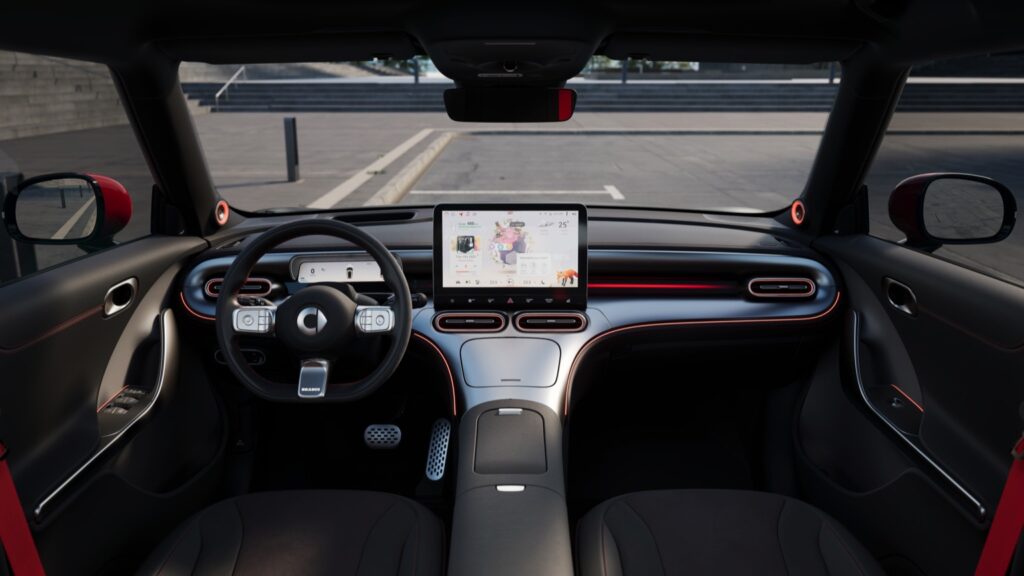
Smart #1 BRABUS Charging Guide
The sleek and sophisticated Smart #1 BRABUS embodies the essence of luxury performance.
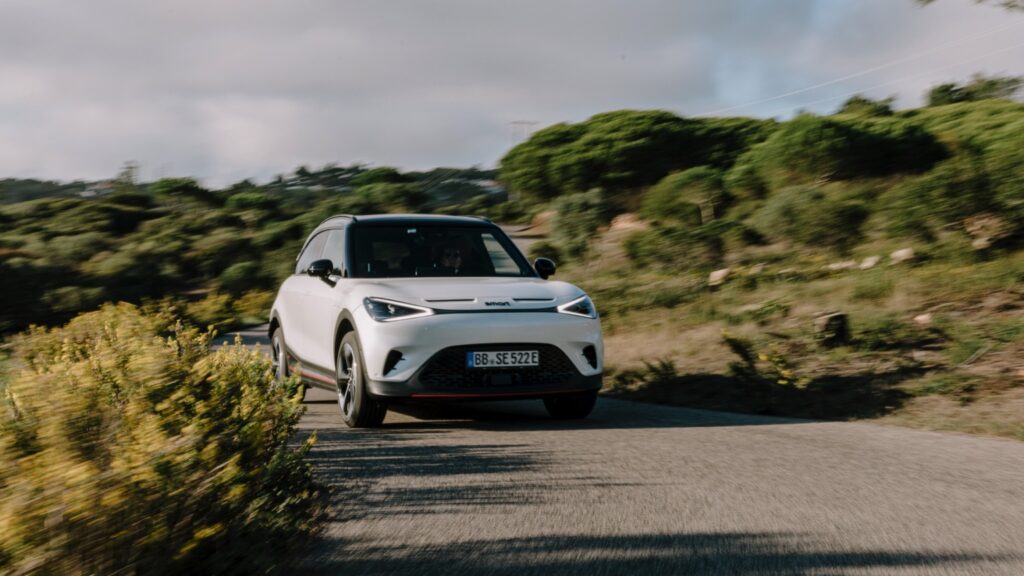
Can I charge the Smart #1 BRABUS at home?
With the myenergi zappi, charging your vehicle on your driveway is quick, simple and cost effective. What’s more, its eco-smart features allow you to harness self-generated clean, green, renewable energy.
How long does it take to charge the Smart #1 BRABUS?
9 hours and 25 minutes*
*If you’re using a standard 7kW zappi, a full charge will take 9 hours and 25 minutes. But with a 22kW model, you can slash charge time to just 3 hours and 30 minutes.
What is the range of the Smart #1 BRABUS?
195 miles**The Smart #1 BRABUS offers 195 miles of driving range on one charge. However, this can vary based on factors including the weather, how you drive and road surface.
How much does it cost to charge the Smart #1 BRABUS?
£4.65**Charging your Smart #1 BRABUS from empty will cost around £4.65 (off-peak). But for those with solar power, you could be charging for as little as £3.49!
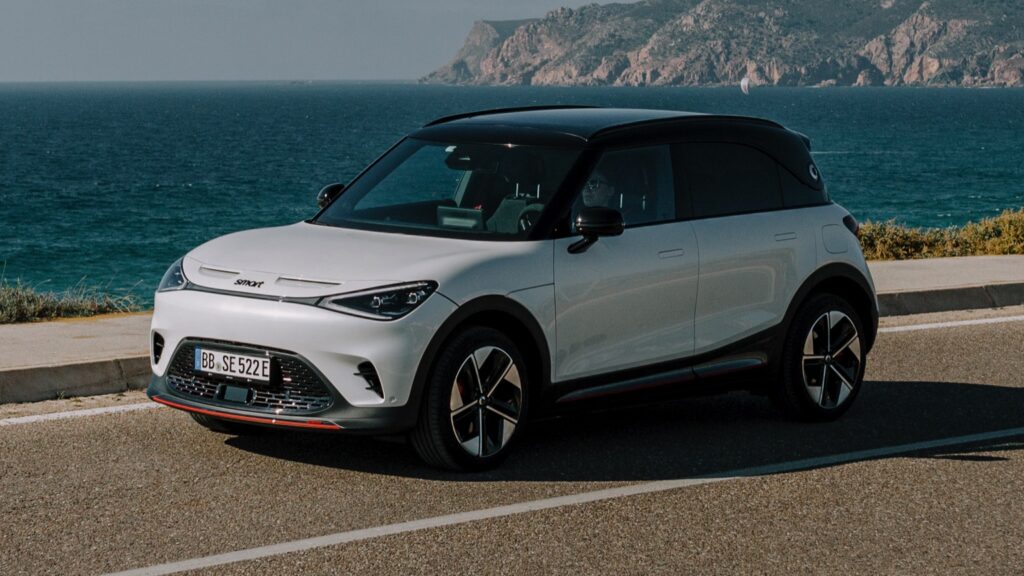
How much is the Smart #1 BRABUS?
Starting from £43,450 *, the BRABUS spec is boosted by CyberSparks LED+ Matrix headlights and a 10-inch heads-up display.
*Prices correct as of April 2024.
Similar Electric Vehicles

